Home >
Landing Page >
Water Convention 2024 Call for Papers
Water Convention 2024 Call for Papers
The Water Convention is a platform for gathering professionals and technology providers from around the world to share their knowledge, practical experiences, and novel technologies to address the current and emerging water challenges. Comprising an opening plenary with 4 keynote presentations, a special keynote, 6 hot issues workshops, 44 oral technical sessions and a poster session with 250 posters, the Water Convention will cover these six themes across the urban water cycle:
The Water Convention technical programme focuses on spurring knowledge sharing, fruitful discussions and engaging debates among water leaders and practitioners through high quality presentations on technological innovations, management strategies and best practices.
Click here for full programme, sessions and speakers' details.
Final Programme
Click here for SIWW2024 Water Convention Final Programme.
Important Dates
|
Deadline for Author Registration* |
19 April 2024 |
|
Submission Deadline for Photo & Biography* |
19 April 2024 |
|
Update of Executive Summary |
01 May 2024 |
|
Final Programme |
24 May 2024 |
|
Submission Deadline for Poster Softcopies (Poster Presenters)* |
31 May 2024 |
|
Submission Deadline for Presentation Slides (Oral Presenters)* |
03 June 2024 |
|
Update of Full Abstract |
03 June 2024 |
|
SIWW2024 Water Convention |
18 to 21 June 2024 |
Contact Information
For any enquiries, please email the Water Convention Secretariat at waterconvention@siww.com.sg.
Programme
(as of 30 May 2024)
| AM | PM | |||||
| 18 June | Workshop 1: SIWW-SWAN APAC Workshop: New Ripples in Digital Water Transformation | |||||
| Workshop 2: GHG Emissions about Water Sector | Workshop 3: Towards Carbon Circularity in Domestic and Industrial Wastewater Treatment | |||||
| Workshop 4: Climate Adaptation and Water Resilience in Cities | Workshop 5: Building Water Resilience and Security through Alternative Sources | |||||
| Workshop 6: PFAS – Towards Consistent and Evidence-Based Management of a Complex Persistent Pollutant | ||||||
| 19 June | Water Convention Opening Plenary | Poster Session | ||||
| 20 June | 1.1 Planning your Water Supply Network | 1.2 Asset Management of Water Distribution Systems | Special Keynote | 1.3 Next Generation of Water Network Operation | 1.4 Developing a Business Case for Water Loss Reduction | |
| 2.1 Advanced Water Treatment Process | 2.2 Advances in Membrane Technology | 2.3 Innovations in Low Energy Desalination | 2.4 Brine Concentration and Mining | |||
| 3.1 Advanced Nitrogen Removal | 3.2 MABR | 3.3 Tertiary Treatment for Reuse | 3.4 Anaerobic Digestion Enhancement | |||
| 3.8 Pipes Underground | 3.9 Water Quality Monitoring (Conveyance) | 3.10 Emerging Contaminants | 4.2 Reforming Governance for Climate Resilience | |||
| 4.1 Planning Climate-Resilient Cities | 4.6 Building Resilience for Small Island Developing States | |||||
| 5.1 Global Climate Change, Water Quality & One Health | 5.2 Water Quality related to Agriculture and Food Safety | 5.3 Wastewater-based Epidemiological Surveillance Part 1 | 5.4 Wastewater-based Epidemiological Surveillance Part 2 | |||
| 6.1 Resource Circulation and Valorization | 6.2 Cross-Sectoral Collaboration in the Circular Water Economy | 6.3 System of Systems for a Circular Economy | 6.4 Policy & Planning | |||
| 21 June | 1.5 The Water Utility Smart Metering Journey | 1.6 The Good, Bad and Ugly of Smart Water | Closing Plenary | |||
| 2.5 Innovation in Water Reuse | 2.6 AI for Water Treatment | 2.7 Emerging Water Technologies | ||||
| 3.5 Digital Twin for Used Water Systems | 3.6 Industrial Wastewater Treatment – Singapore Stories | 3.7 Monitoring and Management of Process Emissions (Part 2) | ||||
| 4.3A Automation and AI for Urban Water Management | 4.3B High Resolution Modelling And Forecasting in Singapore | 4.5 Coastal Resilience through Hybrid Infrastructure: Singapore Experience | ||||
| 4.4 Coastal Resilience through Hybrid Infrastructure: Global Experience | ||||||
| 5.5 Emerging Approaches for Water Quality Monitoring and Management | 5.6 Communication between Sectors and to Affected Communities | 5.7 Antimicrobial Resistance (AMR) | ||||
| 6.5 Monitoring and Management of Process Emissions (Part 1) | 6.6 Carbon Accounting | 6.7 Water and Hydrogen Economy | ||||
Hot Issues Workshop 1: SIWW SWAN APAC Workshop: New Ripples in Digital Water Transformation (18 June 2024)
9:30am - 4:00pm
This session qualifies for PDUs by PEB. Click to find out more.
| Digital transformation is the integration of technology into all areas of a business, fundamentally changing how organisations operate and deliver value to customers. It’s also a cultural change, which requires organisations to continually challenge the status quo, experiment, and get comfortable with failure. The 3rd SWAN APAC Workshop will bring together water utilities, industry leaders, innovators, and experts from across Asia-Pacific to delve into the value of digital transformation for water utilities. We will cover cutting-edge topics such as generative AI, cybersecurity, digital decarbonisation, and more. Attendees will also be able to participate in interactive roundtable sessions, learn from a shark tank session, and gain important insights and networking opportunities with a global network of water professionals. This workshop is co-organised with SWAN Asia-Pacific Alliance. |


|
|
Programme |
||
|
9:30am – 9:40am |
Welcome and Introduction |
|
|
Dr. Amir Cahn, CEO, SWAN Forum
|
||
|
9:40am – 10:00am |
Utility 2.0 – Human-Centric, Digital and Innovation Driven |
|
|
Harry Seah, Deputy Chief Executive (Operations), PUB, Singapore’s National Water Agency
|
||
|
10:00am – 11:00am |
Waterside Chat: Capturing the Value of Digital Transformation |
|
|
Moderator: Jenny Francis, Executive Manager Digital, Hunter Water & SWAN APAC Chair
|
||
|
||
|
||
|
||
|
||
|
11:00am – 11:30am |
Tea Break & Networking Session |
|
|
11:30am – 11:40am |
SWAN Update |
|
|
||
|
||
|
11:40am – 12:40pm |
Panel: Understanding the Utility Implications of Generative AI |
|
|
Moderator: Victoria Edwards, Co-Founder & CEO, FIDO Tech
|
||
|
||
|
||
|
||
|
||
|
12:40pm – 1:00pm |
Keynote: Reflecting on a Decade of Digital Transformation in the Water Industry |
|
|
Martine Watson, Chief Digital & Information Officer, Urban Utilities
|
||
|
1:00pm – 2:00pm |
Lunch Break & Networking Session |
|
|
2:00pm – 3:15pm |
Interactive Roundtable Session |
|
|
||
|
||
|
||
|
||
|
||
|
||
|
||
|
3:15pm – 3:30pm |
Roundtable Rapid Fire Recap |
|
|
3:30pm – 4:00pm |
Tea Break & Networking Session |
|
|
4:00pm – 5:00pm |
SWAN Shark Tank (to be held at the TechXchange) |
|
|
5:00pm – 6:00pm |
Drinks Reception Sponsored by Turing |
|
This session qualifies for PDUs by PEB. Click to find out more.
Hot Issues Workshop 2: GHG Production and Emissions In Wastewater Systems (18 June 2024)
9:00am - 12:40pm
Monitoring and mitigation of direct process emissions of nitrous oxide (N2O) and methane (CH4) from wastewater treatment plants (WWTPs) are critical as they play a significant role in achieving net zero emissions target for the water sector. Within the water sector, there has been progressive decarbonisation of grid electricity and ongoing work on biogas carbon capture, storage, and utilisation. That leaves process emissions from the actual wastewater process itself the toughest challenge, with no convenient solutions in sight. Between CH4 and N2O, the dynamics surrounding N2O formation, monitoring, and mitigation are the least well understood and yet its global warming potential is 300 times higher than that of CO2. Unlike CO2, there are no obvious sinks for N2O.
This Hot Issues Workshop is set up to allow utilities, government regulators, consultants, academia, and technology solution providers to discuss, converge, and attempts to reach a consensus on the best practice to monitor and mitigate N2O emissions. Given that wastewater treatment processes and technologies vary vastly from plant to plant, streamlining sampling strategies, data collection methodologies and data analysis are various challenges that the workshop aims to discuss about. The opening presentation will give an overview of GHG emissions in wastewater systems and to recap on the parts of the wastewater treatment processes where GHG emissions typically arise from. The first part of the workshop will discuss GHG emissions in sewer systems. The second part of the workshop will discuss GHG emissions in wastewater treatment plants. The third part of the workshop will discuss about the path to net zero and consensus building on the way forward in GHG emissions management.
This session qualifies for PDUs by PEB. Click to find out more.
Monitoring and mitigation of direct process emissions of nitrous oxide (N2O) and methane (CH4) from wastewater treatment plants (WWTPs) are critical as they play a significant role in achieving net zero emissions target for the water sector. Within the water sector, there has been progressive decarbonisation of grid electricity and ongoing work on biogas carbon capture, storage, and utilisation. That leaves process emissions from the actual wastewater process itself the toughest challenge, with no convenient solutions in sight. Between CH4 and N2O, the dynamics surrounding N2O formation, monitoring, and mitigation are the least well understood and yet its global warming potential is 300 times higher than that of CO2. Unlike CO2, there are no obvious sinks for N2O.
This Hot Issues Workshop is set up to allow utilities, government regulators, consultants, academia, and technology solution providers to discuss, converge, and attempts to reach a consensus on the best practice to monitor and mitigate N2O emissions. Given that wastewater treatment processes and technologies vary vastly from plant to plant, streamlining sampling strategies, data collection methodologies and data analysis are various challenges that the workshop aims to discuss about. The opening presentation will give an overview of GHG emissions in wastewater systems and to recap on the parts of the wastewater treatment processes where GHG emissions typically arise from. The first part of the workshop will discuss GHG emissions in sewer systems. The second part of the workshop will discuss GHG emissions in wastewater treatment plants. The third part of the workshop will discuss about the path to net zero and consensus building on the way forward in GHG emissions management.
|
Programme |
|
|
9:00am – 9:05am |
Joint Welcome and Introduction by the Moderators |
|
|
|
|
|
|
|
9:05am – 9:25am |
Opening Presentation |
|
Dragan Savic, Chief Executive Officer, KWR Water Research Institute
|
|
|
Segment on GHG Emissions in Wastewater Plants
|
|
|
9:25am – 9:30am |
Introduction to GHG Emissions in Wastewater Plants |
|
Moderator: Andrew Shaw, Global Practice & Technology Leader, Black & Veatch
|
|
|
9:30am – 9:45am |
Presentation: Mechanism of Process Emissions |
|
Kartik Chandran, Professor, Columbia University
|
|
|
9:45am – 10:00am |
Presentation: Measuring techniques that work well for gas and liquid phase N2O emissions |
|
Liu Ye, Professor, University of Queensland
|
|
|
10:00am – 10:15am |
Presentation: Dealing with data variance and modelling techniques |
|
Wim Audenaert, Co-founder and CEO, AM-TEAM
|
|
|
10:15am – 11:00am |
Panel Discussion: GHG emissions in Wastewater Plants |
|
Moderator: Andrew Shaw, Global Practice & Technology Leader, Black & Veatch
|
|
|
|
|
|
|
|
|
|
|
|
|
|
|
11:00am – 11:30am |
Tea Break & Networking Session |
|
Segment on Path to Net Zero
|
|
|
11:30am – 11:35am |
Introduction to Path to Net Zero |
|
Tom Freyberg, Founder, Atlantean Media & Aquatech
|
|
|
11:35am – 11:50am |
Presentation: Net Zero for Water |
|
Emma Shen, Global Principal for Wastewater Energy Optimization & Sector Decarbonization, Jacobs
|
|
|
11:35am – 12:30pm |
Panel Discussion: Path to Net Zero |
|
Moderator: Tom Freyberg, Founder, Atlantean Media & Aquatech
|
|
|
|
|
|
|
|
|
|
|
|
|
12.30pm – 12.40pm |
Summary and Closing Remarks |
This session qualifies for PDUs by PEB. Click to find out more.
Hot Issues Workshop 3: Towards Carbon Circularity In Domestic And Industrial Wastewater Treatment (18 June 2024)
2:00pm – 5:45pm
Management of carbon cycle is essential for sustainable used water treatment, from breakdown of organic matters by microorganisms to the capture and utilisation of carbon for energy production and resource recovery. Conventionally, carbon is recovered in the form of biogas from sewage sludge, and advance biosolid treatment technologies are available to improve the biogas yield and the value of energy extracted. Carbon can also be fixed through pyrolytic conversion of sludge to biochar for further reuse. As more emphasis is placed on circularity, other high value products such as PHA and cellulose are now being considered as alternative biomaterials for recovery.
The first half of the workshop discusses the latest technologies for anaerobic digestion like thermal hydrolysis pre-treatment and biogas upgrading technologies, as well as the comparisons at various aspects of anaerobic digestion of sewage sludge with incineration. The second half of the workshop discusses carbon recovery from sewage sludge, including examples such as biochar, cellulose and PHA. The last part will feature a panel discussion to discuss the best way forward for carbon management in wastewater treatment plants.
This session qualifies for PDUs by PEB. Click to find out more.
Management of carbon cycle is essential for sustainable used water treatment, from breakdown of organic matters by microorganisms to the capture and utilisation of carbon for energy production and resource recovery. Conventionally, carbon is recovered in the form of biogas from sewage sludge, and advance biosolid treatment technologies are available to improve the biogas yield and the value of energy extracted. Carbon can also be fixed through pyrolytic conversion of sludge to biochar for further reuse. As more emphasis is placed on circularity, other high value products such as PHA and cellulose are now being considered as alternative biomaterials for recovery.
The first half of the workshop discusses the latest technologies for anaerobic digestion like thermal hydrolysis pre-treatment and biogas upgrading technologies, as well as the comparisons at various aspects of anaerobic digestion of sewage sludge with incineration. The second half of the workshop discusses carbon recovery from sewage sludge, including examples such as biochar, cellulose and PHA. The last part will feature a panel discussion to discuss the best way forward for carbon management in wastewater treatment plants.
|
Programme |
|
|
2:00pm – 2:10pm |
Welcome and Introduction by Moderator |
|
Moderator: Dave Parry, Innovative Aerospace Division Director, Jacobs
|
|
|
2:10pm – 2:30pm |
An Overview of Carbon Management in Wastewater Treatment |
|
2:30pm – 3:30pm |
Presentation Segment: Biogas and Biosolids |
|
2:30pm – 2:50pm |
State of the Art of Biosolids and Anaerobic Digestion |
|
Bill Barber, Technical Director, Cambi
|
|
|
2:50pm – 3:10pm |
Upgrading and Processing of Biogas |
|
3:10pm – 3:30pm |
Incineration and Anaerobic Digestion |
|
Robert Ferrante, Chief Engineer and General Manager, Los Angeles County Sanitation Districts
|
|
|
3:30pm – 4:00pm |
Tea Break & Networking Session |
|
Presentation Segment: Recovery of Alternate Biomaterials
|
|
|
4:00pm – 4:15pm |
|
|
Prof Yong Sik Ok, Professor, Korea University
|
|
|
4:15pm – 4:30pm |
|
|
Prof Mark van Loosdrecht, Chair Professor, Delft University of Technology
|
|
|
4:30pm – 4:45pm |
|
|
Hao Xiaodi, Professor, Beijing University of Civil Engineering and Architecture
|
|
|
4:45pm – 5:00pm |
|
|
Wilbert Menkveld, Chief Technological Officer, Nijhuis Saur Industries
|
|
|
5:00pm – 5:15pm |
Q&A |
|
5:15pm – 5:45pm |
Panel: Carbon Circularity for Wastewater Treatment |
|
Moderator: Dave Parry, Innovative Aerospace Division Director, Jacobs
|
|
|
Rob Thompson, General Manager, Orange County Sanitation District (OCSAN)
|
|
|
|
|
|
|
|
This session qualifies for PDUs by PEB. Click to find out more.
Hot Issues Workshop 4: Climate Adaption and Water Resilience In Cities (18 June 2024)
9:30am – 1:00pm
Urban water resilience is defined by the capacity of the urban water system - including the human, social, political, economic, physical and natural assets - to anticipate, absorb, adapt, respond to, and learn from shocks and stresses, in order to protect public health and wellbeing, the natural environment and minimise economic disruption. The shocks (short-duration eg stormwater floods) and stresses (incremental eg sea level rise) take many forms and they fundamentally challenge the water security of communities in terms of sustainable access to adequate quantities of and acceptable quality water for sustaining livelihoods, human well-being, and socio-economic development, for ensuring protection against water-borne pollution and water-related disasters, and for preserving ecosystems in a climate of peace and political stability. Whilst the immediate priority for resilience is 'survival' (minimise damage to people and property), increasing resilience can provide an additional dividend – 'thrival'.
The workshop aims to provide context to forums and water convention sessions over the next three days and will canvass the range of climate adaptation and water resilience challenges experienced in cities and towns, and the corresponding strategies. In the first part of this workshop, presentations on climate adaptive planning provide a broad overview of climate adaptation and water resilience strategies for cities, and recent Singapore experience in adaptative planning for coastal protection and flood management, an important component of the broader urban water resilience framework. In the second part of this workshop, audience members are invited to discuss the range of integrated initiatives and co-benefits from a holistic approach to urban water resilience strengthening. The anticipated output from the workshop is a communique on urban water resilience which will be tabled at the subsequent Cities Roundtable on Coastal Resilience and Flood Management of the water convention.
Speakers:
Moderators:
This session qualifies for PDUs by PEB. Click to find out more.
Urban water resilience is defined by the capacity of the urban water system - including the human, social, political, economic, physical and natural assets - to anticipate, absorb, adapt, respond to, and learn from shocks and stresses, in order to protect public health and wellbeing, the natural environment and minimise economic disruption. The shocks (short-duration eg stormwater floods) and stresses (incremental eg sea level rise) take many forms and they fundamentally challenge the water security of communities in terms of sustainable access to adequate quantities of and acceptable quality water for sustaining livelihoods, human well-being, and socio-economic development, for ensuring protection against water-borne pollution and water-related disasters, and for preserving ecosystems in a climate of peace and political stability. Whilst the immediate priority for resilience is 'survival' (minimise damage to people and property), increasing resilience can provide an additional dividend – 'thrival'.
The workshop aims to provide context to forums and water convention sessions over the next three days and will canvass the range of climate adaptation and water resilience challenges experienced in cities and towns, and the corresponding strategies. In the first part of this workshop, presentations on climate adaptive planning provide a broad overview of climate adaptation and water resilience strategies for cities, and recent Singapore experience in adaptative planning for coastal protection and flood management, an important component of the broader urban water resilience framework. In the second part of this workshop, audience members are invited to discuss the range of integrated initiatives and co-benefits from a holistic approach to urban water resilience strengthening. The anticipated output from the workshop is a communique on urban water resilience which will be tabled at the subsequent Cities Roundtable on Coastal Resilience and Flood Management of the water convention.
|
Programme |
|
|
9:30am – 9:40am |
Welcome and Introduction |
|
Pritha Hariram, Head of Department, Ramboll
|
|
|
9:40am – 10:00am |
Broader Climate Adaptive Planning for Cities |
|
Prof. Tony Wong, Founder, Tony Wong Consulting, Australia
|
|
|
10:00am – 10:20am |
Adaptive Planning Approach in Singapore |
|
Sarah Hiong, Deputy Director, PUB, Singapore’s National Water Agency
|
|
|
10:20am – 11:00am |
Plenary Discussion |
|
Facilitator: Mark Fletcher, Director, Arup
|
|
|
|
|
|
|
|
|
|
|
11:00am – 11:30am |
Tea Break & Networking Session |
|
11:30am – 12:20pm |
Breakout Discussion on Climate Adaptation & Water Resilience in Cities |
|
|
|
|
|
|
|
|
|
|
|
12:20pm – 12:30pm |
Mentimeter Interaction |
|
Facilitator: Hazel Khoo, Director, PUB, Singapore’s National Water Agency
|
|
|
12:30pm – 12:50pm |
Communique Development |
|
12:50pm – 1:00pm |
Summary and Closing Remarks |
|
Piet Dircke, Global Director Climate Adaptation, Arcadis
|
|
Speakers:
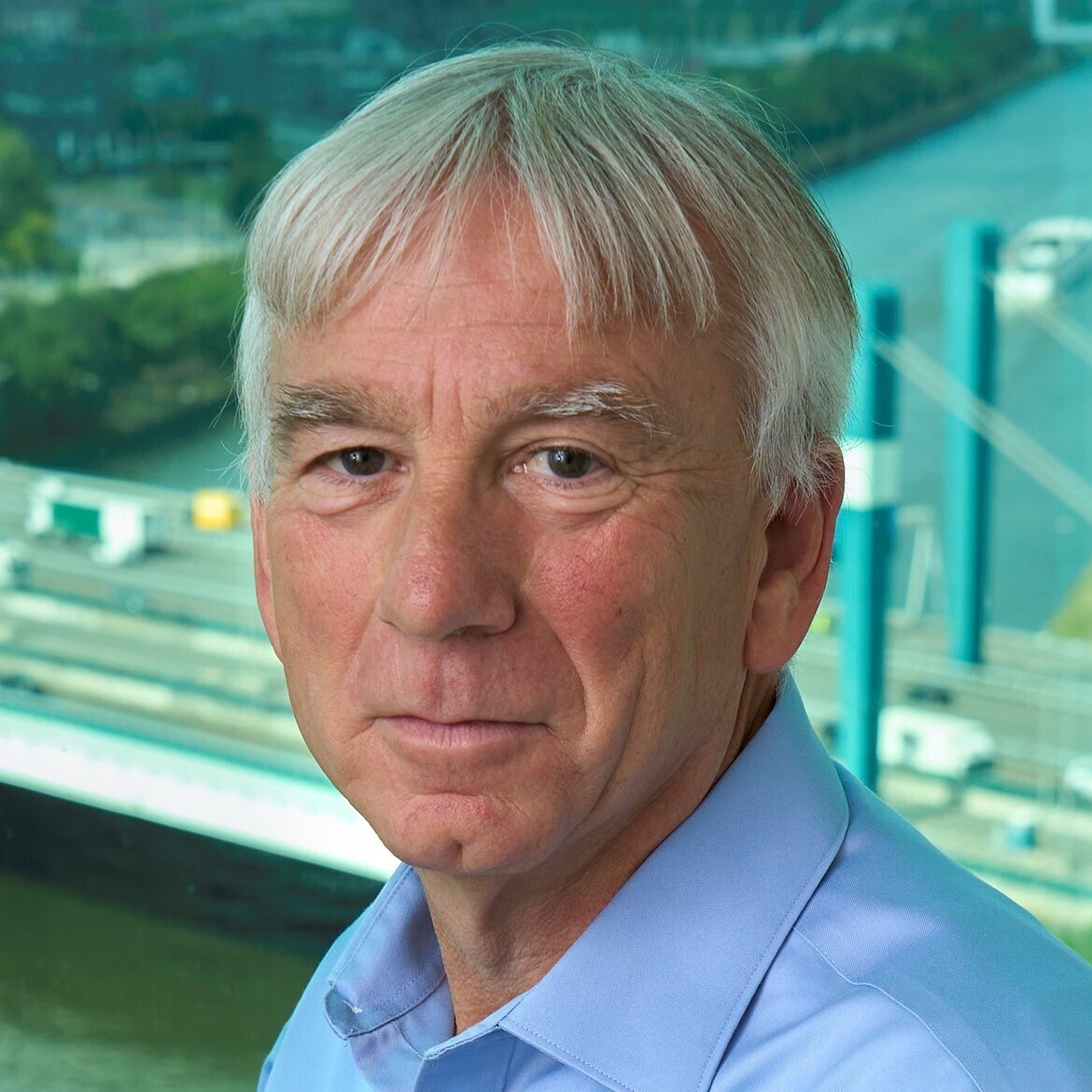 Piet Dircke
Global Director Climate Adaptation,
Arcadis, The Netherlands  |
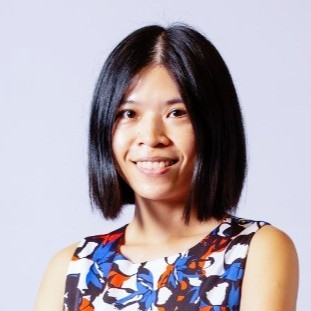 Sarah Hiong
Deputy Director,
PUB, Singapore’s National Water Agency, Singapore  |
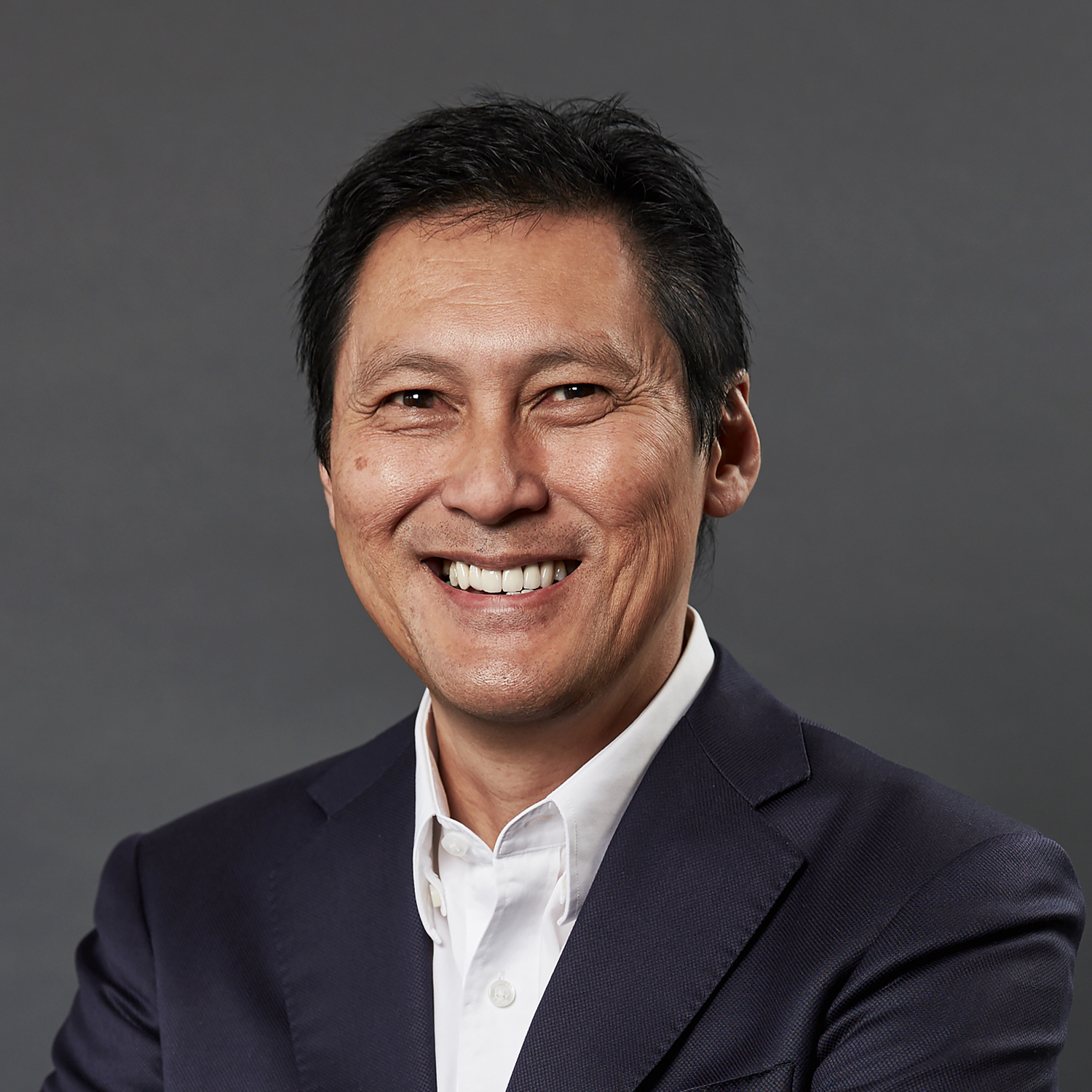 Prof. Tony Wong
Founder,
Tony Wong Consulting, Australia  |
Moderators:
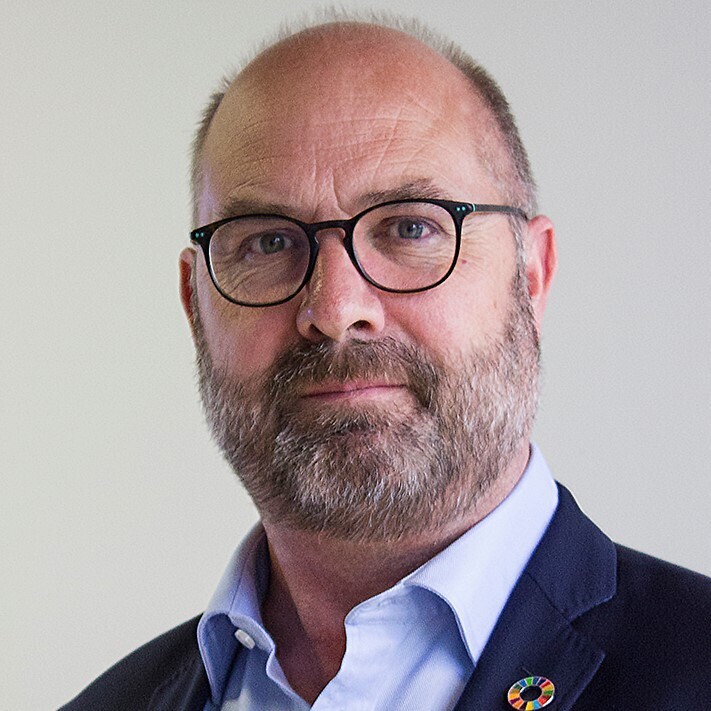 Mark Fletcher
Director,
Arup, UK  |
 Hazel Khoo
Director,
PUB, Singapore’s National Water Agency, Singapore  |
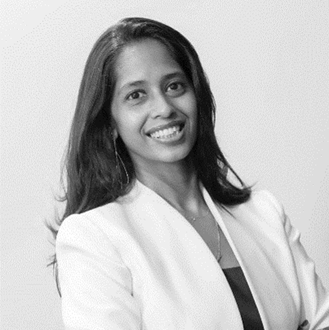 Pritha Hariram
Head of Department,
Ramboll, Singapore  |
This session qualifies for PDUs by PEB. Click to find out more.
Hot Issues Workshop 5: Building Water Resilience and Security Through Alternative Sources (18 June 2024)
2:00pm - 5:00pm
Water scarcity is not unique in large parts of the world, and utilities for many decades have adapted successfully with having minimal water resources. in recent years there has been a paradigm shift with climate change and increasing population. Wetter areas where there has never been a water scarcity problem for nearly a century are faced with changing to alternative sources. for many of the utilities they have no experience in how to treat these sources and how to integrate these sources into their existing system. There are globally many successful examples of how utilities and experts have found creative solutions to deal with water scarcity and this workshop will focus on these valuable lessons.
This session qualifies for PDUs by PEB. Click to find out more.
Water scarcity is not unique in large parts of the world, and utilities for many decades have adapted successfully with having minimal water resources. in recent years there has been a paradigm shift with climate change and increasing population. Wetter areas where there has never been a water scarcity problem for nearly a century are faced with changing to alternative sources. for many of the utilities they have no experience in how to treat these sources and how to integrate these sources into their existing system. There are globally many successful examples of how utilities and experts have found creative solutions to deal with water scarcity and this workshop will focus on these valuable lessons.
|
Programme |
|
|
2:00pm – 2:10pm |
Introduction to the Workshop and Global Water Scarcity |
|
Jonathan Clement, CTO Advanced Water Treatment (Ramboll)
|
|
|
2:10pm – 3:10pm |
Presentations |
|
|
|
Rene Hoeijmakers, Global Division Director, Ramboll, The Netherlands
|
|
|
|
|
Adrian Marsden, Arup, Philippines
|
|
|
|
|
Chris Rockey, Head of Water Quality, South West Water
|
|
|
|
|
Adel Hagekhalil, General Manager, Metropolitan Water District of Southern California
|
|
|
|
|
Bernard Koh, Assistant Chief Executive, PUB, Singapore’s National Water Agency
|
|
|
3:10pm – 3:30pm |
Interaction with Panel Speakers |
|
3:30pm – 4:00pm |
Tea Break & Networking Session |
|
4:00pm – 5:00pm |
Panel Discussion |
|
Moderator: Jonathan Clement, CTO Advanced Water Treatment, Ramboll
|
|
|
Panellists:
|
|
|
|
|
|
|
|
|
|
|
|
This session qualifies for PDUs by PEB. Click to find out more.
Hot Issues Workshop 6: PFAS: Towards Consistent and Evidence-Based Management of a Complex Persistent Pollutant
2:00pm – 5:30pm
Recently, PFAS pollution in drinking water sources and regulation of PFAS concentrations in drinking water has been receiving significant interest, in light of stricter regulations that are being issued globally. Regulators need agreed scientific evidence of public health impacts of pollutants and contaminants in drinking water to set realistic standards that countries can afford to meet. There is a lot of controversy and polarization around the issue of PFAS pollution in water sources and drinking water, and arguments are not always solidly supported by evidence – as a result there is a reluctance to set standards at any level, as some stakeholders want to go for a zero tolerance position, others want to wait for further, compelling evidence before dealing with a pollution problem that is rapidly growing.
Some countries have gone ahead with proposals for standards. For example, Health Canada proposes a maximum of 30ng/L, for the sum of total PFAS detected in drinking water. In April USEPA announced the final National Primary Drinking Water Regulation (NPDWR) for six PFAS. In the Netherlands, the National Institute for Public Health and Environment recommends standards for a "cocktail" of PFAS with a maximum allowable concentration of trifluoroacetic acid (TFA), an ultra-short PFAS, at 2.2 micrograms/L of drinking water since March 2023. Part of the Dutch toxicology community feels that standards should be set for individual PFAS, as required by their specific toxicity, and not in a “cocktail” approach.
Several PFAS have been included in Stockholm Convention on Persistent Organic Pollutants (POPs), a legally binding instrument for the reduction and elimination of POPs. The European Chemicals Agency (Helsinki, Finland) has discussed PFAS in various Committee meetings early 2024, where risks associated with PFAS, a proposal to restrict PFAS, as well as the potential impact of such a proposal on ski waxes, cosmetics and other consumer mixtures were discussed. Fact is that PFAS compounds may be found in a wide variety of products and in residues of production processes – kitchen utensils, water-repellent textiles, firefighting foams, as well as in equipment and materials used by the drinking water industry itself.
Given the huge interest in this topic, the intent of this workshop is therefore to present a balanced update on PFAS and drinking water and discuss options for evidence-based regulation of PFAS in drinking water, taking into consideration the holistic contribution of PFAS in food and the environment, and to call attention to potential impacts of restrictions and/or bans on PFAS on the water industry (infrastructure, materials, processes).
This session qualifies for PDUs by PEB. Click to find out more.
Recently, PFAS pollution in drinking water sources and regulation of PFAS concentrations in drinking water has been receiving significant interest, in light of stricter regulations that are being issued globally. Regulators need agreed scientific evidence of public health impacts of pollutants and contaminants in drinking water to set realistic standards that countries can afford to meet. There is a lot of controversy and polarization around the issue of PFAS pollution in water sources and drinking water, and arguments are not always solidly supported by evidence – as a result there is a reluctance to set standards at any level, as some stakeholders want to go for a zero tolerance position, others want to wait for further, compelling evidence before dealing with a pollution problem that is rapidly growing.
Some countries have gone ahead with proposals for standards. For example, Health Canada proposes a maximum of 30ng/L, for the sum of total PFAS detected in drinking water. In April USEPA announced the final National Primary Drinking Water Regulation (NPDWR) for six PFAS. In the Netherlands, the National Institute for Public Health and Environment recommends standards for a "cocktail" of PFAS with a maximum allowable concentration of trifluoroacetic acid (TFA), an ultra-short PFAS, at 2.2 micrograms/L of drinking water since March 2023. Part of the Dutch toxicology community feels that standards should be set for individual PFAS, as required by their specific toxicity, and not in a “cocktail” approach.
Several PFAS have been included in Stockholm Convention on Persistent Organic Pollutants (POPs), a legally binding instrument for the reduction and elimination of POPs. The European Chemicals Agency (Helsinki, Finland) has discussed PFAS in various Committee meetings early 2024, where risks associated with PFAS, a proposal to restrict PFAS, as well as the potential impact of such a proposal on ski waxes, cosmetics and other consumer mixtures were discussed. Fact is that PFAS compounds may be found in a wide variety of products and in residues of production processes – kitchen utensils, water-repellent textiles, firefighting foams, as well as in equipment and materials used by the drinking water industry itself.
Given the huge interest in this topic, the intent of this workshop is therefore to present a balanced update on PFAS and drinking water and discuss options for evidence-based regulation of PFAS in drinking water, taking into consideration the holistic contribution of PFAS in food and the environment, and to call attention to potential impacts of restrictions and/or bans on PFAS on the water industry (infrastructure, materials, processes).
|
Programme |
|
|
2:00pm – 2:10pm |
Opening Remarks |
|
Peter Grevatt, CEO, Water Research Foundation
|
|
|
2:10pm – 2:30pm |
State of Toxicology and Epidemiology for PFAS: What We Know and What We Don’t Know |
|
Zaki Zainudin, Associate Researcher, Center for Water Research and Analysis (ALIR), Universiti Kebangsaan (Malaysia)
|
|
|
2.30pm - 2.40pm |
PFAS Restrictions under The Stockholm Convention |
|
Robert Bos, Senior Advisor, IWA Geneva (Switzerland)
|
|
|
2:40pm – 2.55pm |
Q&A Session |
|
Moderator: Peter Grevatt, CEO, Water Research Foundation
|
|
|
2:45pm – 3:30pm |
Thematic Presentations on PFAS |
|
2.55pm - 3.05pm |
|
|
Nikki Lee, Engineer, National Environment Agency
|
|
|
3:05pm – 3:15pm |
|
|
Joanne Chan, Adjunct Associate Professor and Centre Director, Food Safety Division, National Centre for Food Science, Singapore Food Agency
|
|
|
3:15pm – 3:25pm |
|
|
Andrew Shaw, Wastewater Technology Expert, Black & Veatch
|
|
|
3:25pm – 3:30pm |
General Q&A |
|
3:30pm – 4:00pm |
Tea Break & Networking Session |
|
4:00pm – 4:25pm |
Panel 1: Regulator’s Perspectives on Standards and Regulations for PFAS in Drinking Water |
|
Moderator: David Cunliffe, Principal Water Quality Adviser, South Australia Health
|
|
|
Panellists:
|
|
|
|
|
|
|
|
|
|
|
4:25pm – 4:50pm |
Panel 2: Concerns of the Water Industry Related to PFAS Restrictions and Regulations |
|
Moderator: Fiona Waller, Head of Water Quality, Affinity Water
|
|
|
Panellists:
|
|
|
|
|
|
|
|
|
|
|
4:50pm – 5:15pm |
Panel 3: Research Needs to Enhance the Evidence Based for PFAS Impact on Health (Drinking Water and The Food Chain and Environment |
|
Moderator: Regina Sommer, Head - Water Hygiene Unit, Medical University of Vienna
|
|
|
Panellists:
|
|
|
|
|
|
|
|
|
|
|
5:15pm – 5:25pm |
Q&A |
|
Moderator: Dr Peter Grevatt, CEO, Water Research Foundation
|
|
|
5:25pm – 5:30pm |
Closing Remarks |
|
Peter Grevatt, CEO, Water Research Foundation
|
|
|
Robert Bos, Senior Advisor, IWA Geneva
|
|
This session qualifies for PDUs by PEB. Click to find out more.
Opening Plenary (19 June 2024)
11:30am – 1:00pm
Join us at the Water Convention Opening Plenary on 19 June 2024, where global water leaders will gather to discuss urgent issues and challenges facing urban water practitioners, such as ensuring the sustainable production and supply of safe and clean drinking water, the effective and efficient collection and treatment of used water, resiliency and adaptability of urban cities to climate change, floods and sea-level rise, water quality and one health, and resource efficiency and circular economy for the water sector.
Moderator:
This session qualifies for PDUs by PEB. Click to find out more.
Join us at the Water Convention Opening Plenary on 19 June 2024, where global water leaders will gather to discuss urgent issues and challenges facing urban water practitioners, such as ensuring the sustainable production and supply of safe and clean drinking water, the effective and efficient collection and treatment of used water, resiliency and adaptability of urban cities to climate change, floods and sea-level rise, water quality and one health, and resource efficiency and circular economy for the water sector.
|
PROGRAMME |
||
|
11:30am – 11:35am |
Welcome Remarks by Bernard Koh |
|
|
Bernard Koh, Assistant Chief Executive, PUB, Singapore’s National Water Agency
|
||
|
11:35am – 11:40am |
Welcome Remarks by Tom Mollenkopf |
|
|
Tom Mollenkopf, President, International Water Association
|
||
|
11:40am – 12:00pm |
Transformative Adaptation in Troubled Times: Securing Planetary, Ecosystem and Human Health |
|
|
Prof. Juliet Willetts Professor, Institute for Sustainable Futures, University of Technology Sydney |

Prof. Juliet Willetts
|
|
| In 2023, it was the warmest year on record since 1880. And climate change isn't the only planetary boundary exceeded. Biodiversity, land-system change, and nitrogen and phosphorus flows are also quantified boundaries already exceeded, with close linkages to the water sector. It is not surprising that as we move from COP28 to COP29, talk has shifted from incremental adaptation to transformative adaptation to climate change. | ||
|
But what does this concept mean in the Asia and Pacific region, where disparities in access to safe water and sanitation services persist, compromising human and environmental health, in a region with the highest rate of water-related disasters and associated impacts on water and wastewater infrastructure and services, and a region also responsible for a large share of greenhouse gas emissions, including contributions from the water and wastewater sector?
According to IPCC’s Sixth Assessment Report, transformative adaptation entails deep systemic change and reconfiguration of social and ecological systems. What this looks like in the context of the water sector in Asia and the Pacific is our collective responsibility to shape, rethinking approaches, charting practical steps and strengthening integrated action to secure planetary, ecosystem and human health. |
||
|
12:00pm – 12:20pm |
Making Connections for a Nature- and People-Positive World |
|
|
Dr. Anusha Shah President, Institution of Civil Engineers & Arcadis |

Dr. Anusha Shah
|
|
| What kind of legacy will engineers and infrastructure professionals leave for future generations? In 2023, Institution of Civil Engineers (ICE) President Professor Anusha Shah put her lifelong passion for nature, social equity and sustainability at the forefront of her vision for the infrastructure industry. Humanity has taken from nature for many years. But we cannot continue to do so with impunity. Globally, we’re off-track to meet the UN Sustainable Development Goals by 2030. | ||
| Global warming is likely to surpass 1.5C in the next decade, despite decades of warnings. We are losing biodiversity at an unprecedented rate. The problem is getting worse and we’re running out of time. In her keynote, Professor Shah will highlight the interdependence of climate and nature, of ecosystems and human societies. She will call on the engineers and infrastructure professionals of today and tomorrow to focus not on building assets, but connections: leading a collaborative, transdisciplinary, ethics-based movement towards system wide interventions that provide humanity with multiple benefits on lowering carbon, building climate resilience, improving health and wellbeing, and restoring and rejuvenating nature. She will explore real blockers to tackling climate and nature crisis and provide recommendations on how to break down silos driving conventional and unconventional partnerships across the value chain (including the investor community) in making cities sustainable, resilient, and inclusive. The challenge ahead has never been greater. But neither has the opportunity. | ||
|
12:20pm – 12:40pm |
Why Equity is Key to Stopping Climate Change |
|
|
Dr. Sunita Narain Director General, Centre for Science and Environment (CSE) |
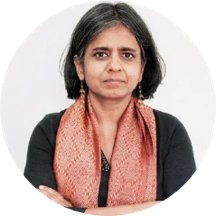
Dr. Sunita Narain
|
|
| Climate change is an existential threat that confronts us. It is also clear that climate change is about sharing a common atmospheric space, which requires a cooperative framework. The development rights of countries of the South must be secured, even as they develop differently, so that they do not first pollute and then clean up. It is clear that affordability of growth will be critical for sustainability. | ||
| Without equity and climate justice, we cannot combat climate change. This is absolutely key. It becomes even more urgent as the world confronts the growing reality of a changing climate. We are seeing extreme weather events in our world. Climate change is resulting in more variable rain events, extreme rain as well as unseasonal rain. This in turn will impact the availability of water and lead to both floods and droughts. It is for this reason that we need to confront both the reality of climate change as one that demands cooperation and equity, but also one that will force us to look for new paradigms of management, including the reworking of our water and sanitation systems for a climate risked world. | ||
|
12:40pm – 12:50pm |
Youth Action: Claiming Future Water Security Today |
|
|
Yang Villa Co-Founder, International Water Association YWP Philippines |

Yang Villa
|
|
| Youth under 30 represent about half of the world's population. In the water sector, a wave of Young Water Professionals (YWPs) aged 35 and below are starting to occupy positions of leadership and influence. Facing tremendous uncertainty about the future, today's youth are taking advantage of and contributing to an unprecedented wealth of information, technology and networks. | ||
| In this keynote, I will highlight three areas where youth action is essential to ensure future water security: (1) techno-social innovation, (2) systems transformation, and (3) just transition. I will conclude with a call to action by introducing the Youth Engagement Pyramid as guidance for water sector organizations to become agents of meaningful youth engagement. | ||
|
12:50pm – 12:55pm |
Announcement of 10th IWA ASPIRE Conference and Water New Zealand Conference & Exhibition |
|
|
Marion Savill, Executive Director, Affordable Water
|
||
|
12:50pm – 1:00pm |
Closing Remarks |
|
|
Darryl Day, Director and Principal Consultant, Wongulla Waters and Co-Chair, Water Convention
|
||
Moderator:
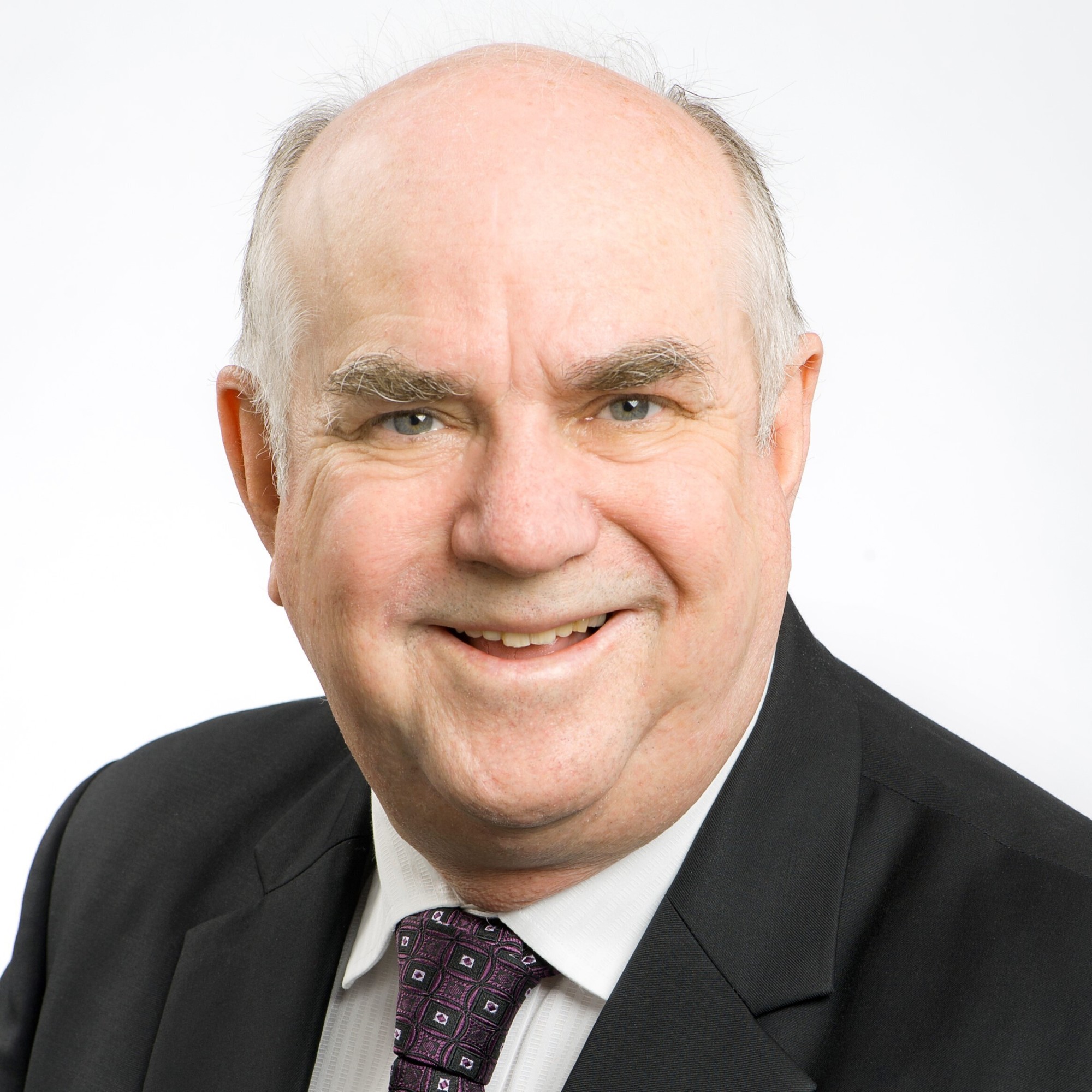 Darryl Day
Water Convention Co Chair and Director and Principal Consultant,
Wongulla Waters  |
This session qualifies for PDUs by PEB. Click to find out more.
Special Keynote (20 June 2024)
2:00pm – 2:20pm
Moderator:
|
SPECIAL KEYNOTE |
||
|
20 June 2024 (Thursday) | 2:00pm – 2:20pm | Room 9B |
||
|
2:00pm – 2:02pm |
Welcome Remarks by Moderator |
|
|
Darryl Day, Director and Principal Consultant, Wongulla Waters
|
||
|
2:02pm – 2:15pm |
Urban Drinking Water Safety from Source to Tap in China |
|
|
Prof. Qu Jiuhui Research Professor, Center for Eco-environmental Sciences, Chinese Academy of Sciences |
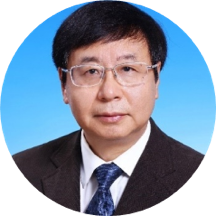
Prof. Qu Jiuhui
|
|
Moderator:
 Darryl Day
Water Convention Co Chair and Director and Principal Consultant,
Wongulla Waters  |
Poster Session (19 June 2024)
Closing Plenary (21 June 2024)
3:30pm - 4:00pm
During the closing plenary, the Programme Committee will summarise the outcomes of the Water Convention and present the Best Poster awards to poster authors.
During the closing plenary, the Programme Committee will summarise the outcomes of the Water Convention and present the Best Poster awards to poster authors.
Technical Sessions (20 & 21 June 2024)
9:00am - 6:00pm
Click here to view the list of technical sessions.
Technical sessions qualify for PDUs by PEB. Click to find out more.
Click here to view the list of technical sessions.
Technical sessions qualify for PDUs by PEB. Click to find out more.
Message from the Co-chairs of the SIWW2024 Water Convention Programme Committee
Click to view the Co-Chairs message
-

Bernard Koh
- Assistant Chief Executive (Future Systems and Technology)
- PUB, Singapore's
National Water Agency - (Singapore)
-

Darryl Day
- Director and Principal Consultant
- Wongulla Waters
- (Australia)
Singapore International Water Week 2024 returns next year from 18-22 June 2024 at the Sands Expo and Convention Centre in Singapore. As one of the leading global water events in the world focused on urban water innovation and solutions, SIWW2024 will once again host global leaders, experts and practitioners from water utilities, agencies, governments, cities, industry and academia to share and co-create innovative solutions to solve the world’s urban water challenges.
As one of the key flagship events of SIWW, the Water Convention provides the platform for the sharing of innovations, advanced technologies, and best practices among researchers, practitioners, and technology providers in the water industry. In the 2022 edition, the Water Convention attracted more than 1,200 delegates from 52 countries and featured over 300 oral and poster presentations across 6 Hot Issues Workshops and 47 technical sessions.
Co-organised by PUB, Singapore’s national water agency, and the International Water Association, the 2024 Water Convention invites experts and practitioners to share their newest and latest innovation, technologies, best practices and case studies in six themes covering the urban water cycle. These themes reflect the urgent issues and challenges facing urban water practitioners, such as ensuring the sustainable production and supply of safe and clean drinking water, the effective and efficient collection and treatment of used water, resiliency and adaptability of urban cities to climate change, floods and sea-level rise, and resource efficiency and circular economy for the water sector.
It is our wish for the papers presented at this Water Convention to inspire and foster collaborations amongst various stakeholders within the global water community, and contribute to meaningful action to build a sustainable global water future for all. On this note, we invite you to submit your abstracts and share your valuable ideas and experiences with peers from around the world.
We look forward to meeting you in Singapore at the SIWW2024 Water Convention.
Programme Committee
Click to view the Programme Committee members
Theme 1: Delivering Water from Source to Tap (Network)
Theme Leader
-
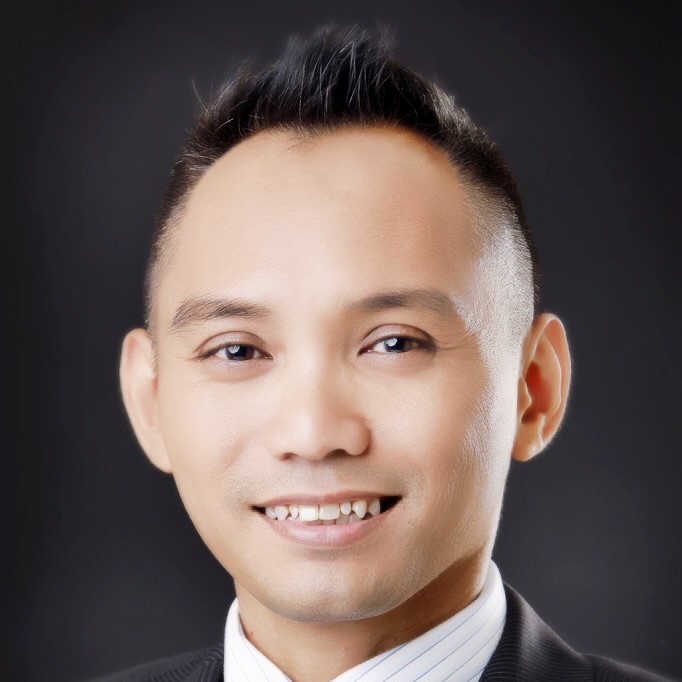
Ridzuan Ismail
- Director & Chief Sustainability Officer,
Policy & Planning - PUB, Singapore's
National Water Agency - (Singapore)
- Director & Chief Sustainability Officer,
Programme Committee Members
-
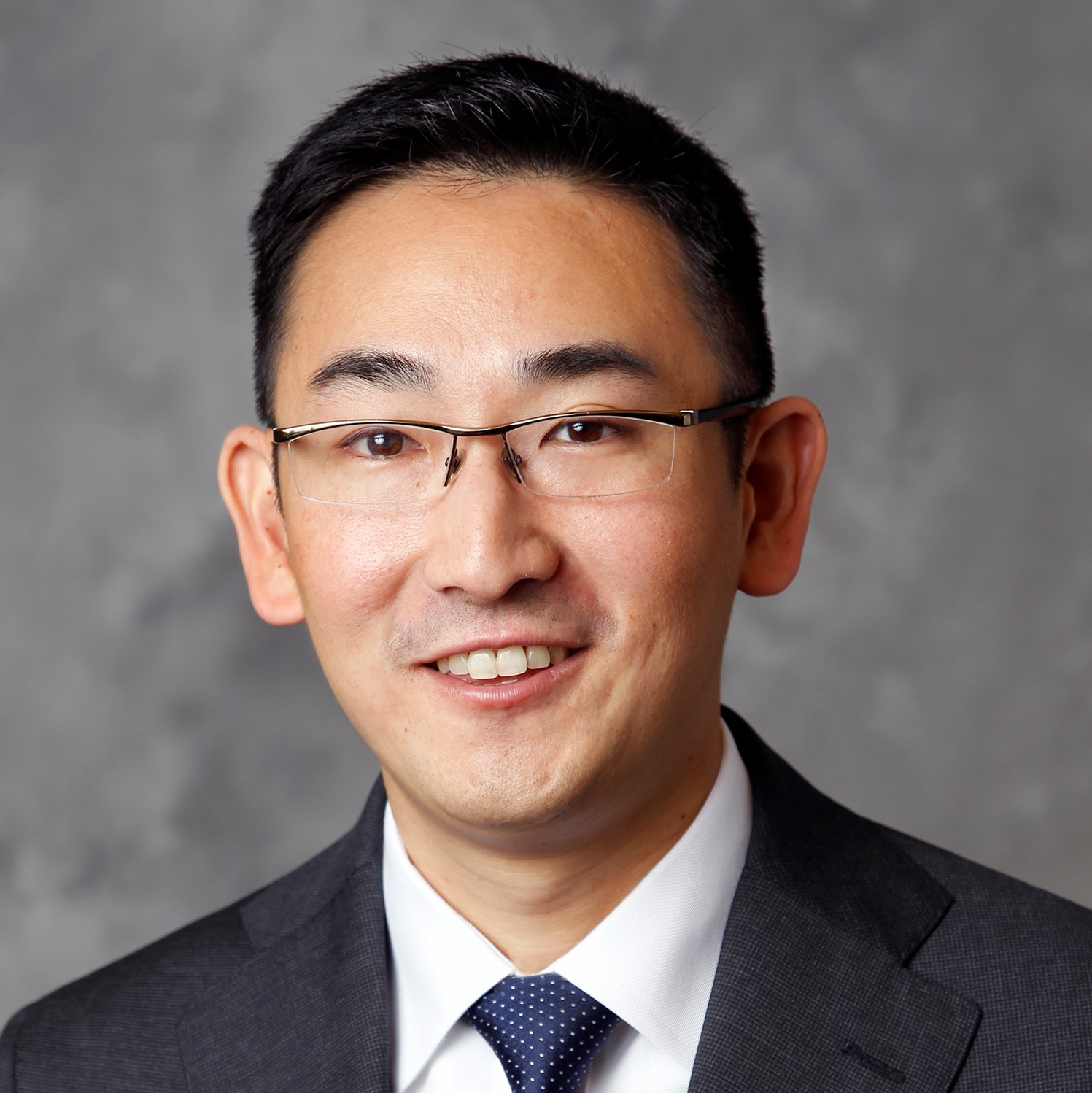
Albert Cho
- Senior Vice President
and Chief Strategy
and External Affairs Officer - Xylem
- (USA)
- Senior Vice President
-

Amir Cahn
- Executive Director
- SWAN
- (UK)
-
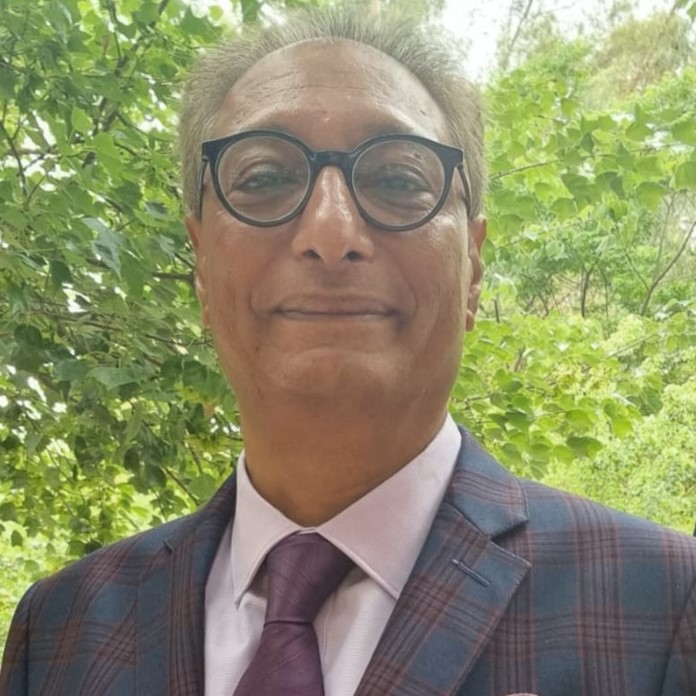
Hamanth Kasan
- Director, Utilities Partnership Division
- ROCKBlue
- (South Africa)
-
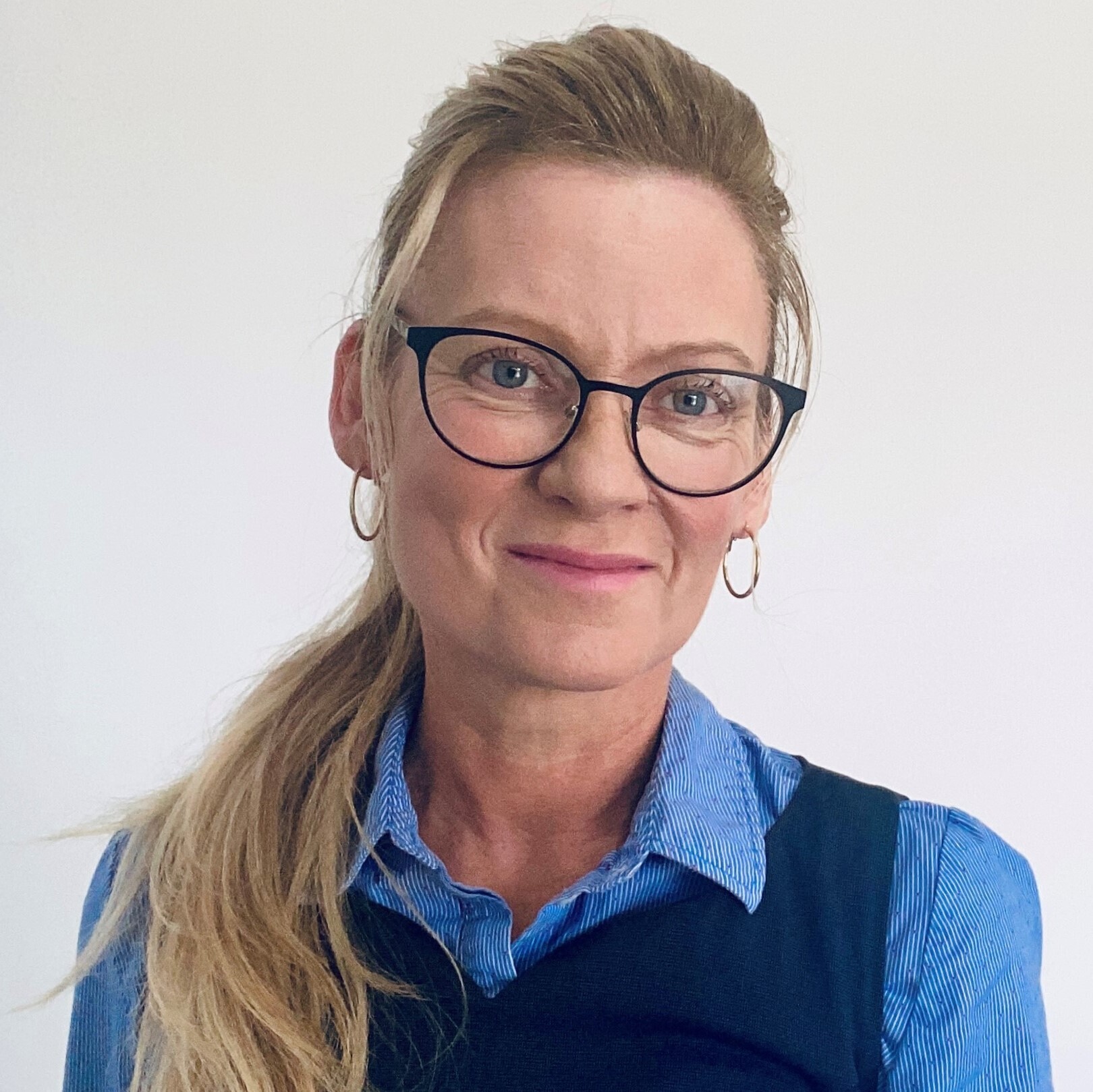
Martine Watson
- General Manager Operations, Maintenance & Planning
- Urban Utilities
- (Australia)
-

Zdravka Do Quang
- Group Innovation Programs Officer
- SUEZ
- (France)
Theme 2: Delivering Water from Source to Tap (Treatment)
Theme Leader
-
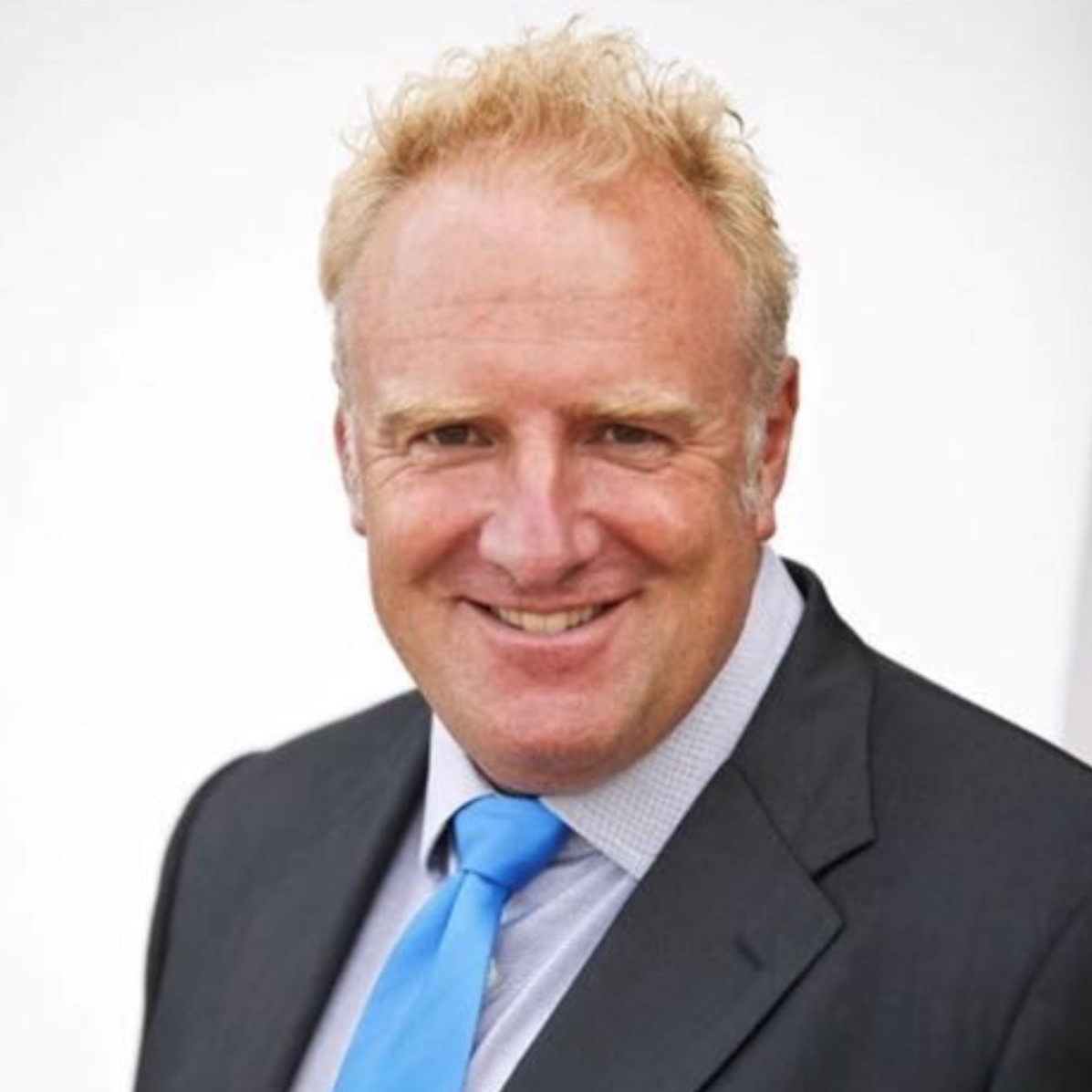
Jonathan Clement
- Director, Global Advanced Water Treatment
- Ramboll
- (Singapore)
Programme Committee Members
-
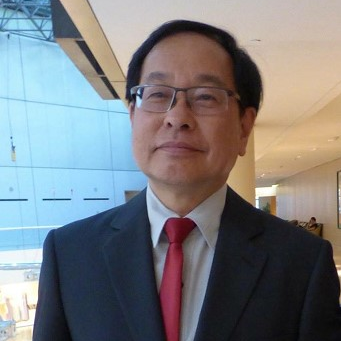
Aik Num Puah
- Independent Consultant
- (Singapore)
-
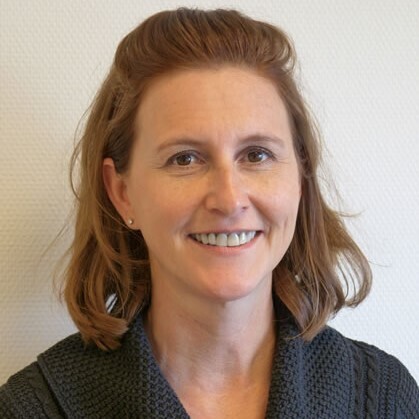
Holly Shorney-Darby
- Head, Technology Application and Piloting
- PWNT
- (The Netherlands)
-
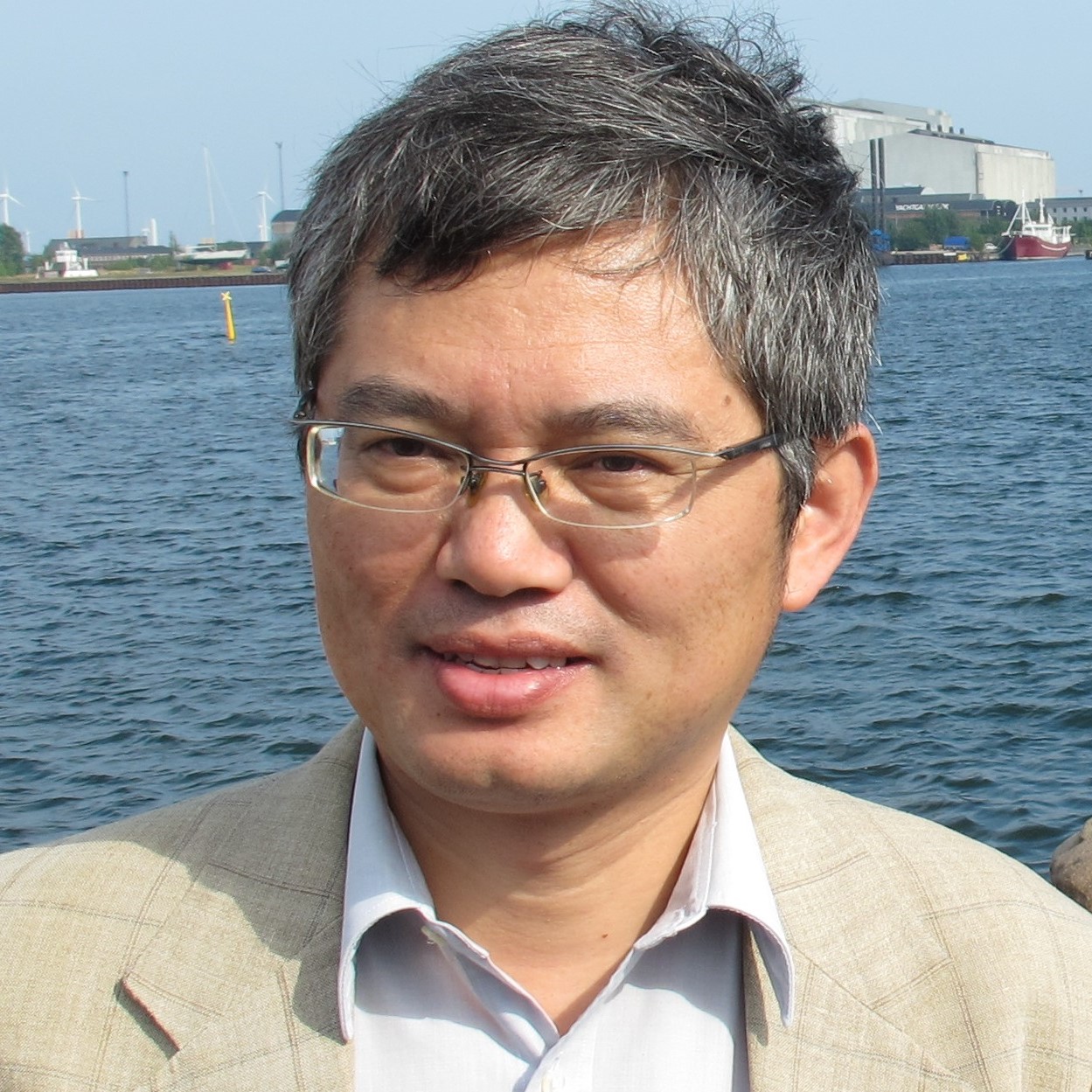
Min Yang
- Deputy Director,
Research Center for
Eco-Environmental Sciences - Chinese Academy of Science
- (China)
- Deputy Director,
-
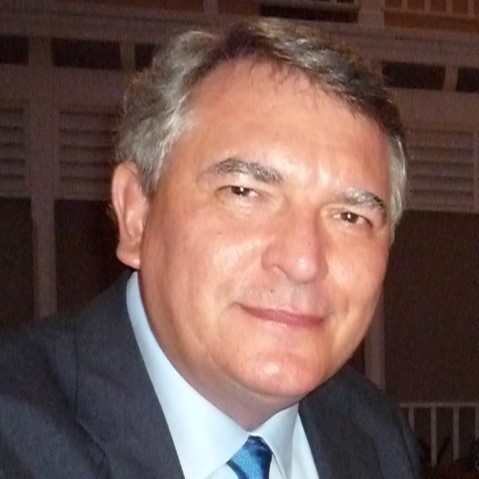
Nikolay Voutchkov
- Executive Director, Water Innovation Center
- NEOM
- (Saudi Arabia)
-

Seungkwan Hong
- Professor
- Korea University
- (South Korea)
Theme 3: Effective and Efficient Wastewater Management
a. Treatment
b. Conveyance
Theme Leader
-
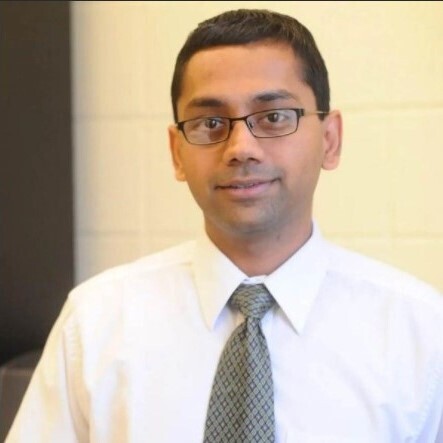
Kartik Chandran
- Professor
- Columbia University
- (USA)
Programme Committee Members
-
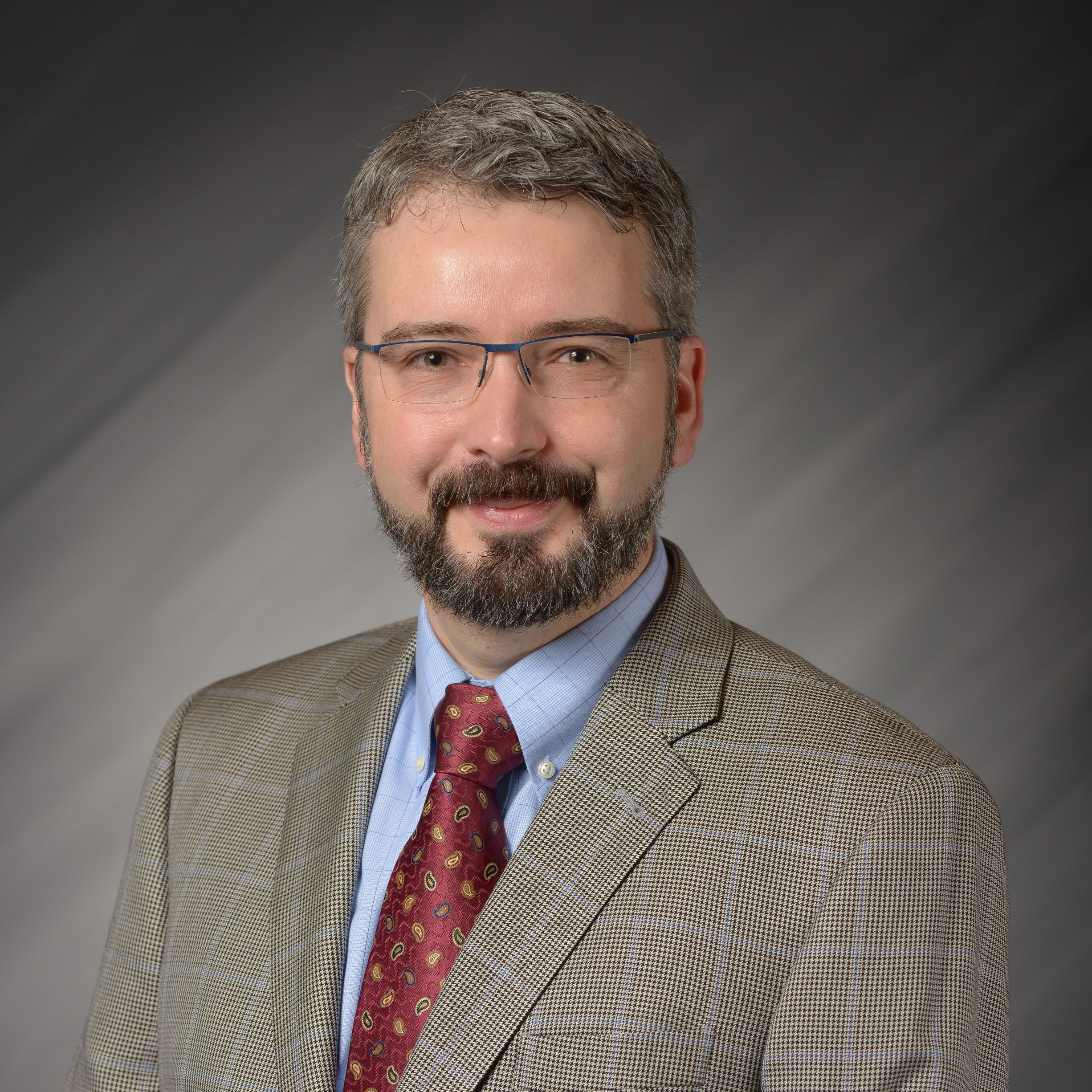
Andrew Shaw
- Associate Vice President
and Global Practice
and Technology Leader
in Sustainability & Wastewater - Black & Veatch
- (USA)
- Associate Vice President
-
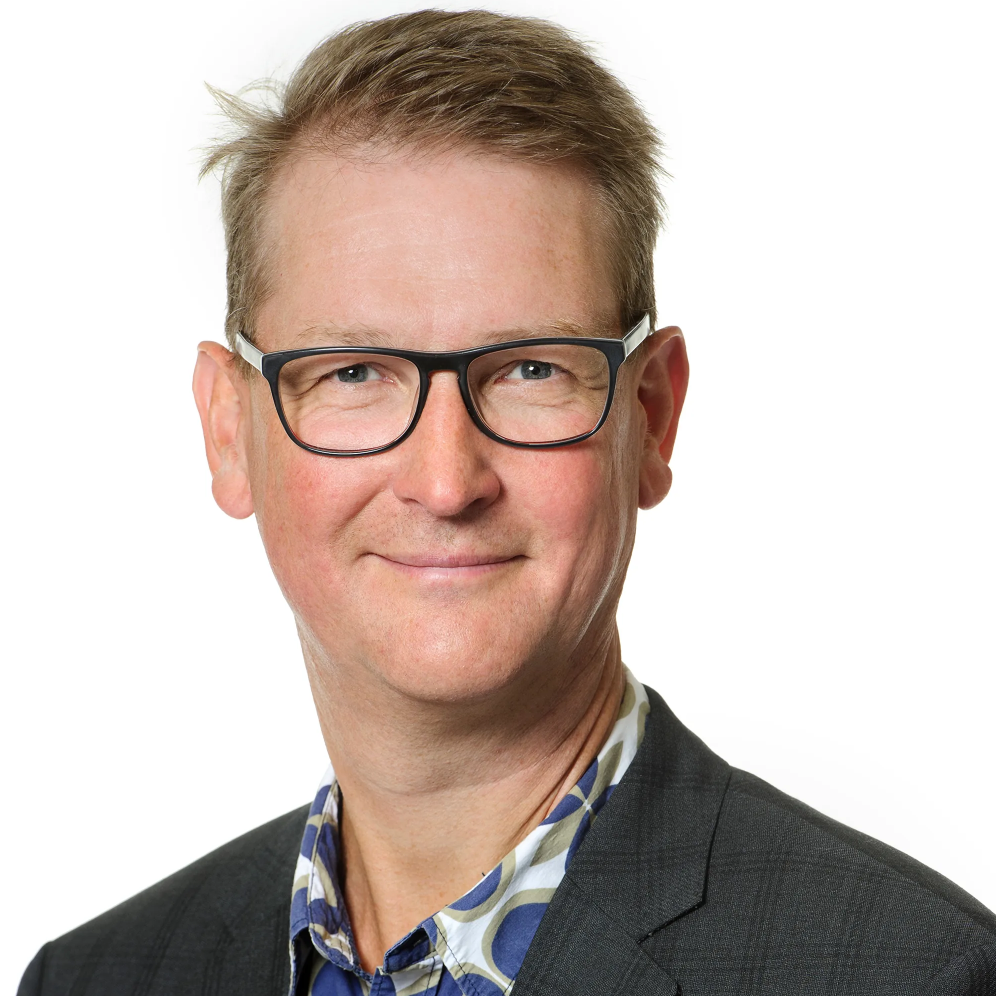
Mads Leth
- Chief Executive Officer
- VCS Denmark
- (Denmark)
-
.jpg)
Mark van Loosdrecht
- Chair Professor, Environmental Biotechnology
- Delft University of Technology
- (The Netherlands)
-
Norhayati Abdullah
- Associate Professor, Environmental Engineering
- Universiti Teknologi Malaysia Kuala Lumpur
- (Malaysia)
-

Susan Moisio
- Global Vice President and Global Water Director
- Jacobs
- (USA)
-
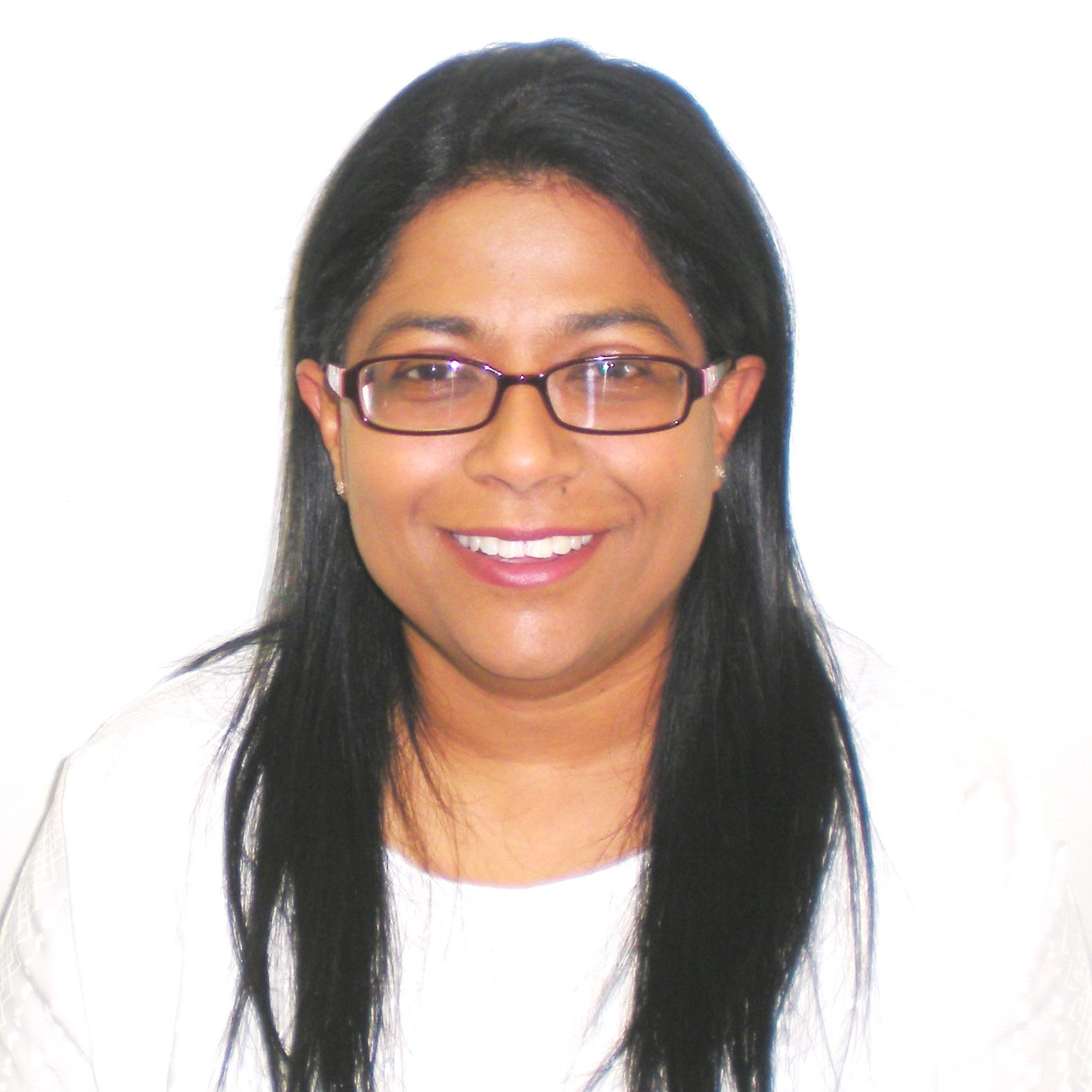
Valerie Naidoo
- Executive Manager, Business Development and Innovations
- Water Research Commission
- (South Africa)
Theme 4: Cities of the Future and Coastal & Flood Resilience
Theme Leader
-

Tony Wong
- Director
- Tony Wong Consulting
- (Australia)
Programme Committee Members
-

Hazel Khoo
- Director, Coastal Protection Department
- PUB, Singapore's National Water Agency
- (Singapore)
-

Mark Fletcher
- Global Water Business Leader
- Arup
- (UK)
-

Piet Dircke
- Global Director Climate Adaptation
- Arcadis
- (The Netherlands)
-

Pritha Hariram
- Head, Water Infrastructure & Climate Adaptation
- Ramboll
- (Singapore)
Theme 5: Water Quality and One Health
Theme Leader
-
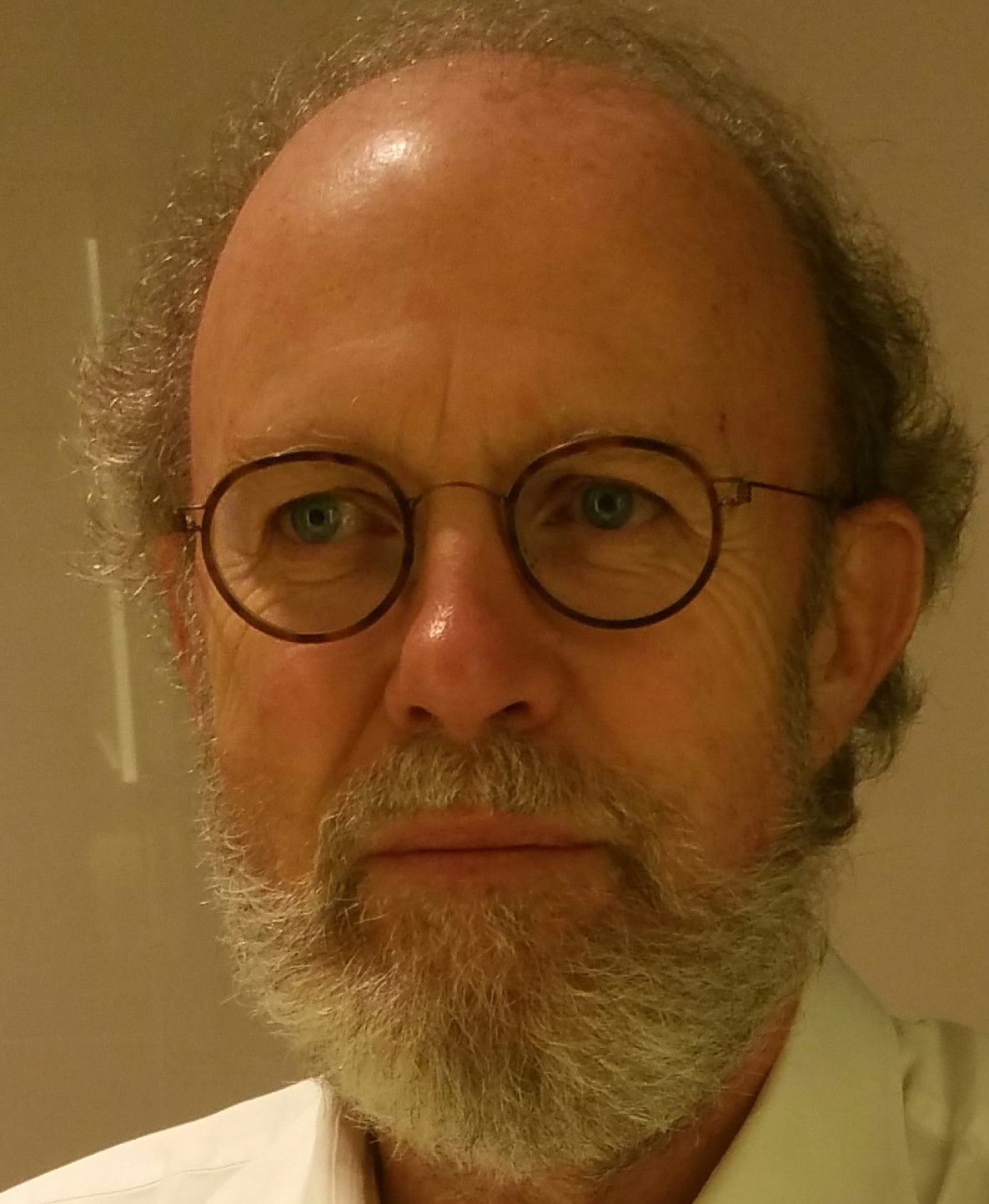
Robert Bos
- Independent Consultant
- (Switzerland)
Programme Committee Members
-
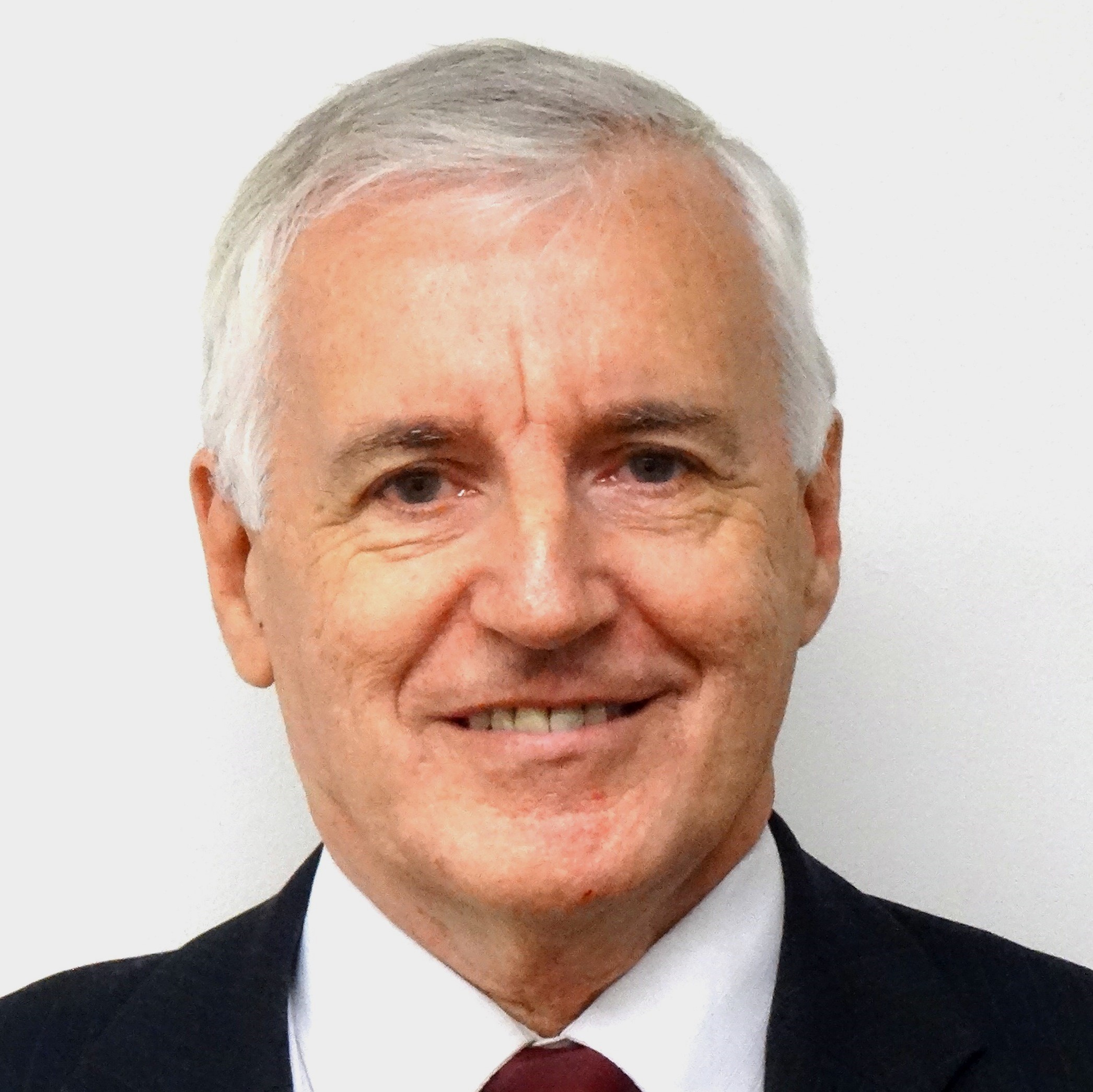
David Cunliffe
- Principal Water
Quality Advisor - SA Health
- (Australia)
- Principal Water
-
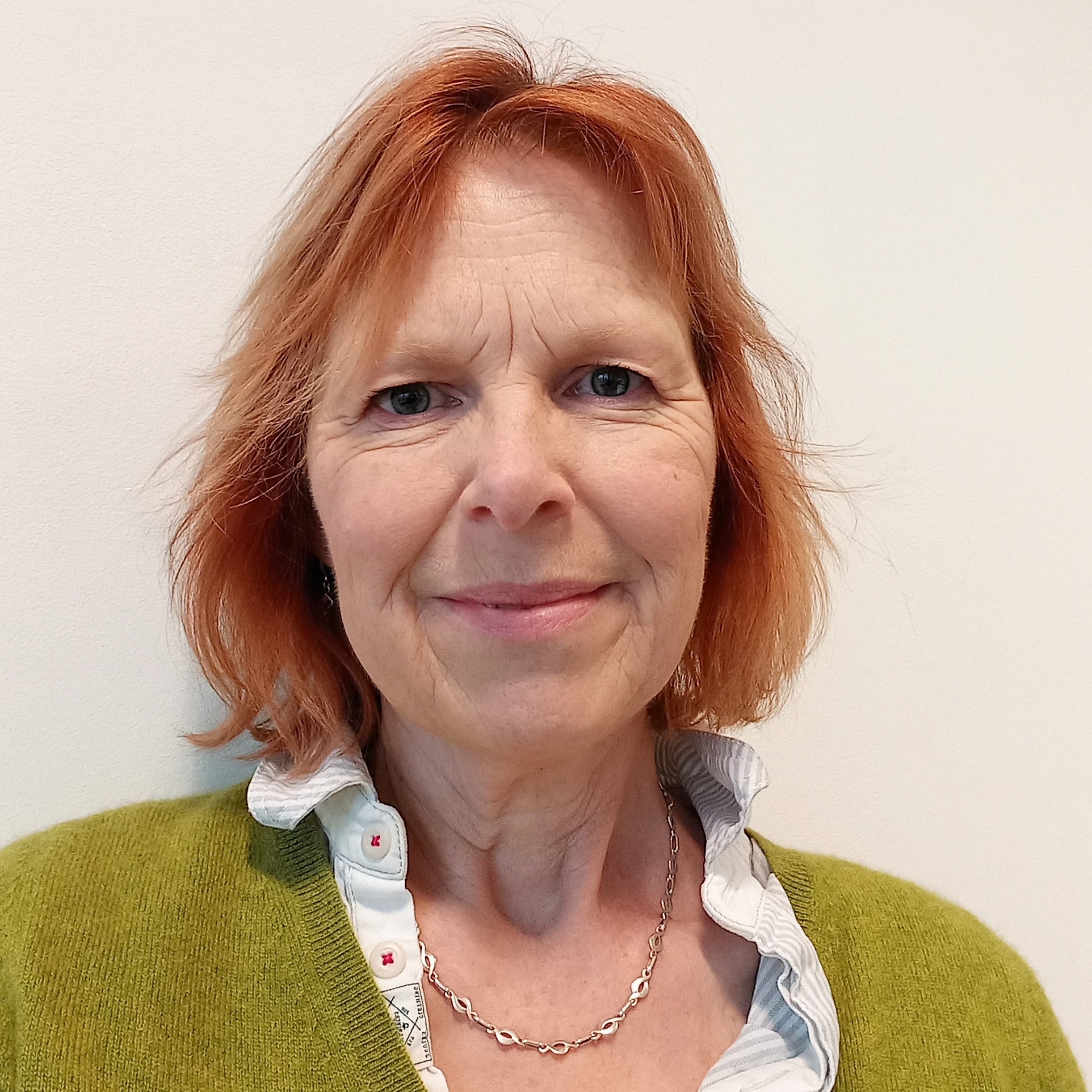
Fiona Waller
- Head of Water Quality
- Affinity Water
- (UK)
-
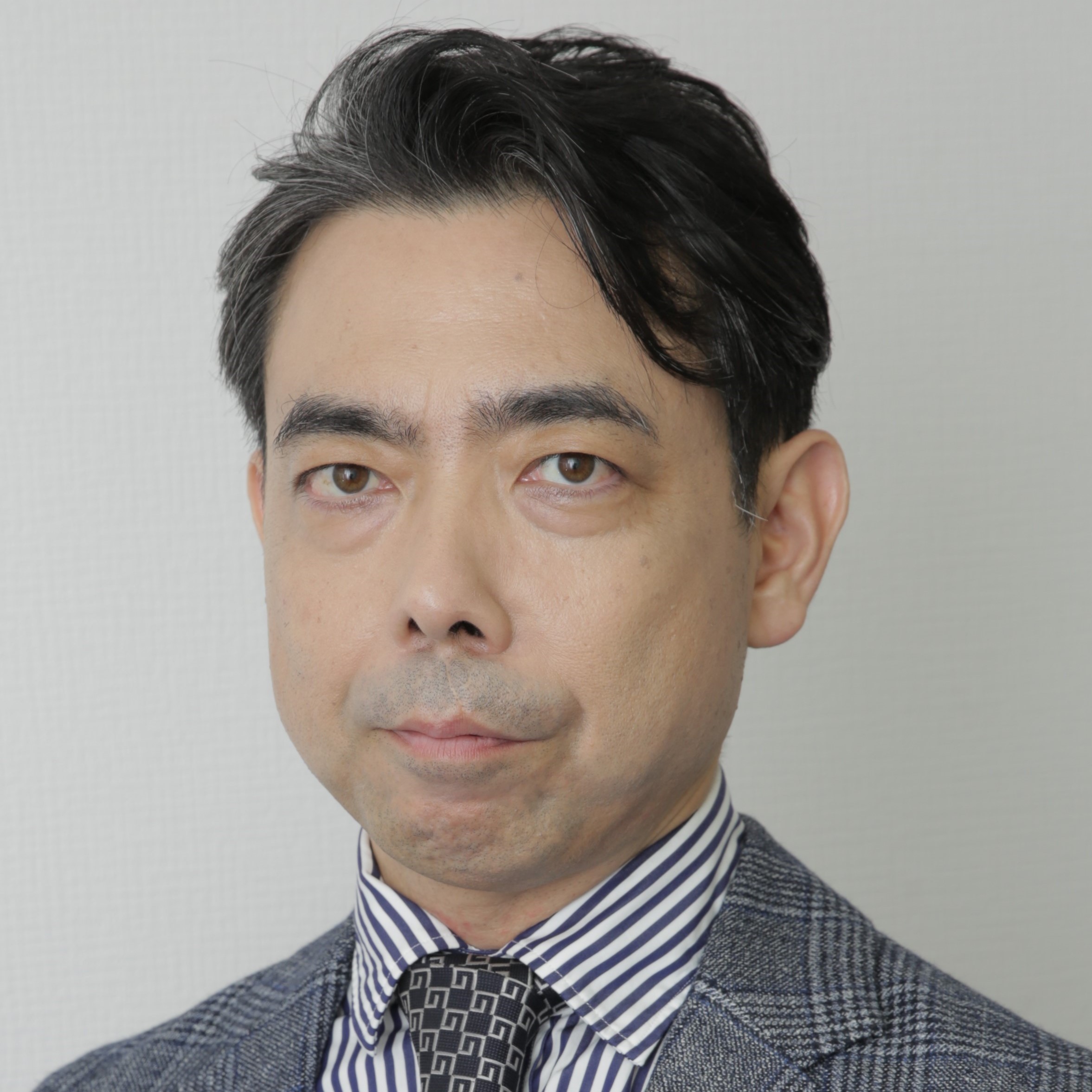
Hiroyuki Katayama
- Professor
- University of Tokyo
- (Japan)
-
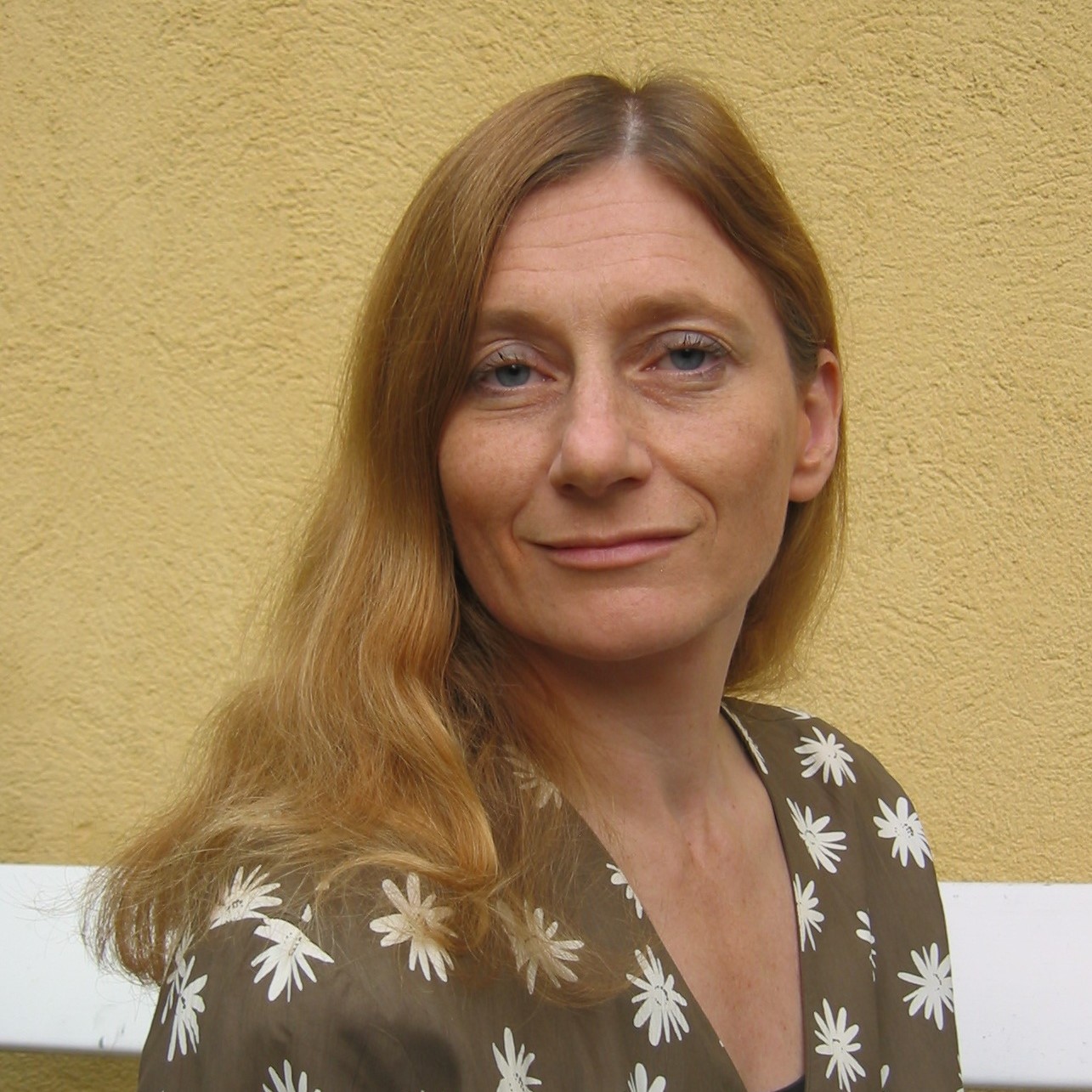
Regina Sommer
- Associate Professor
- Medical University of Vienna
- (Austria)
-
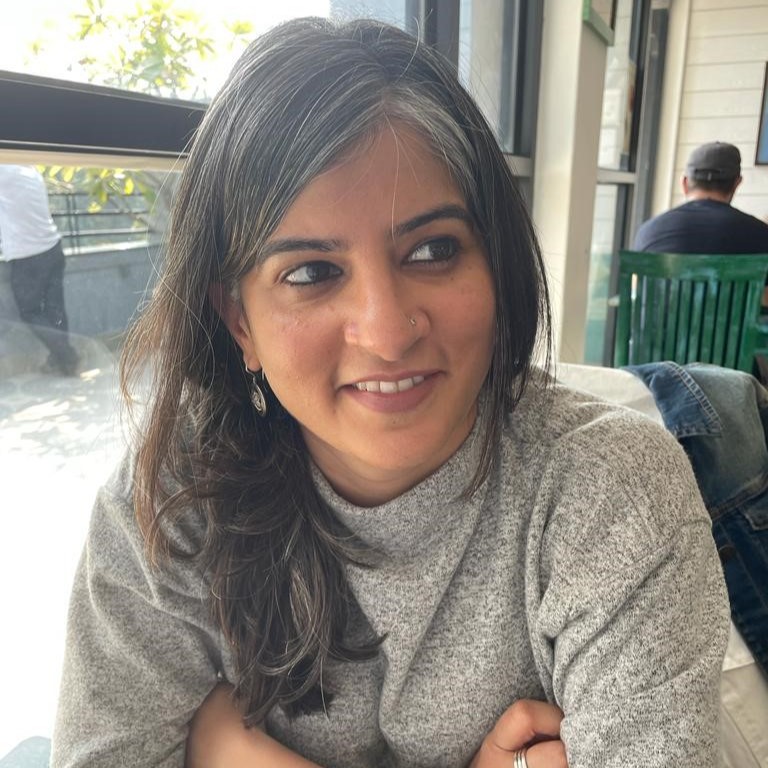
Ruchika Shiva
- Country Coordinator
- IRC WASH
- (India)
Theme 6: Nexus and Circularity
Theme Leader
-
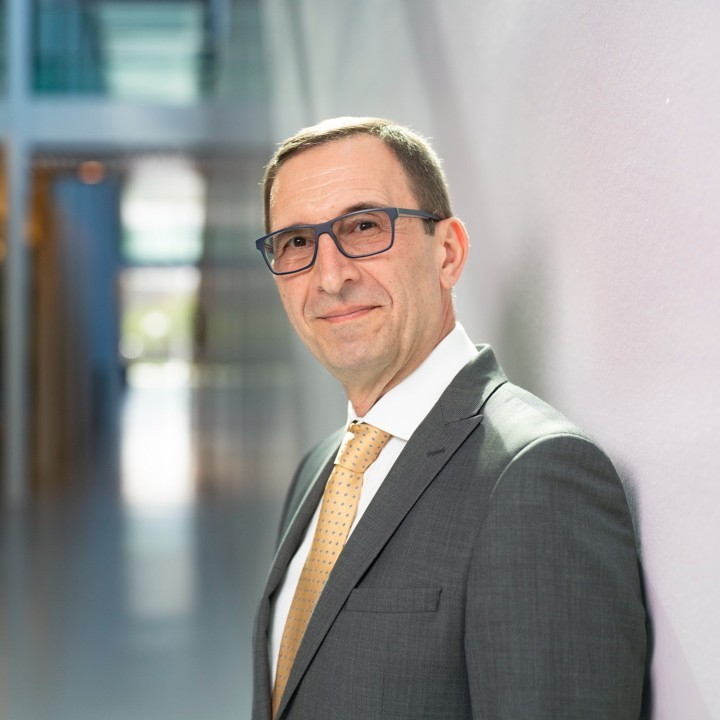
Dragan Savic
- Chief Executive Officer
- KWR Water Research Institute
- (The Netherlands)
Programme Committee Members
-
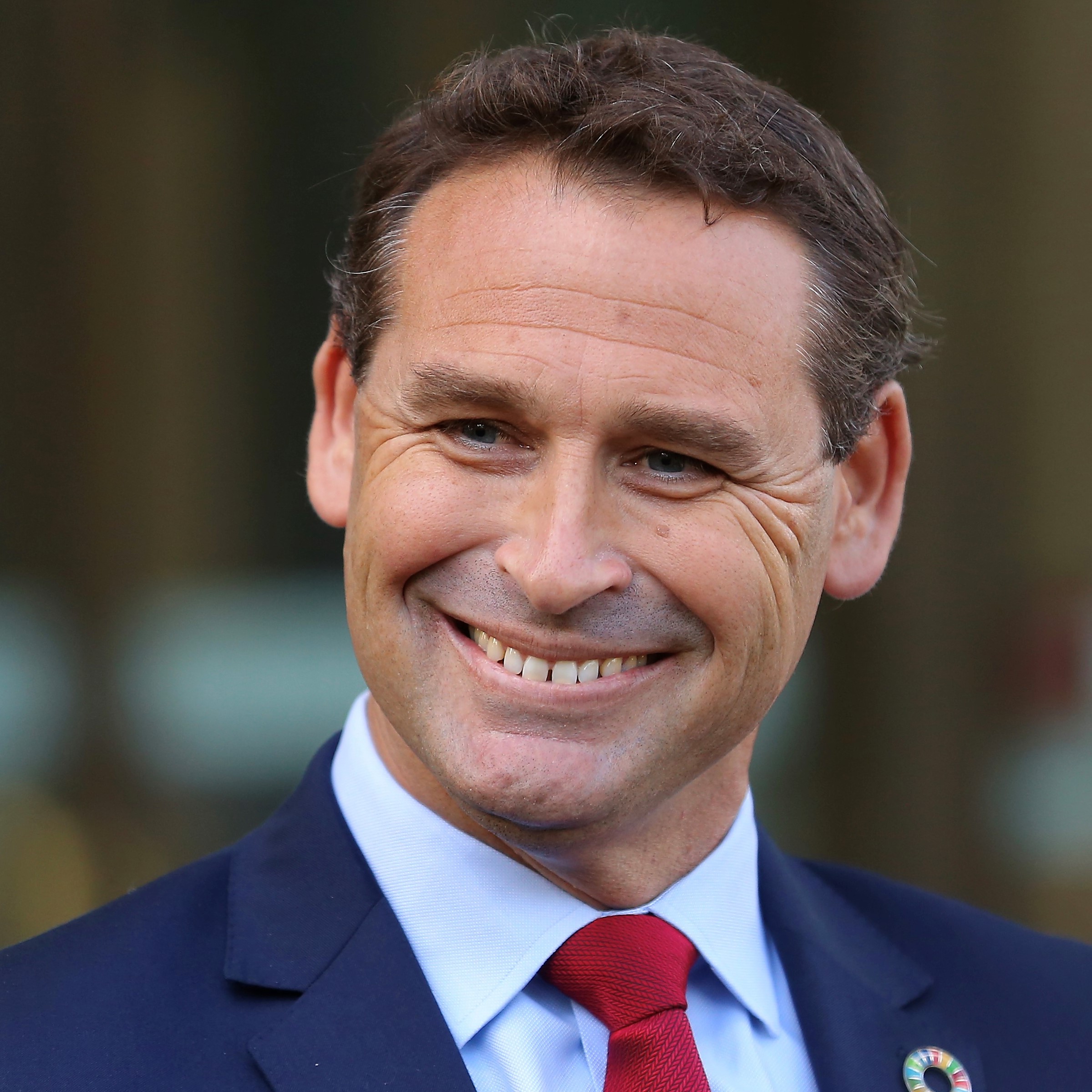
Adam Lovell
- Executive Director
- Water Services Association of Australia
- (Australia)
-
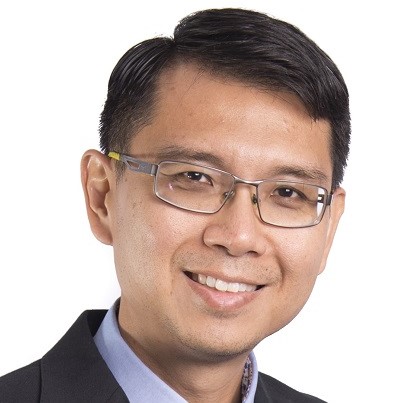
Chee Meng Pang
- Director, Water Quality Department
- PUB, Singapore's
National Water Agency - (Singapore)
-

Despo Fatta-Kassinos
- Professor
- University of Cyprus
- (Cyprus)
-

Gary Gu
- Global Technology Director
- DuPont Water Solutions
- (USA)
-
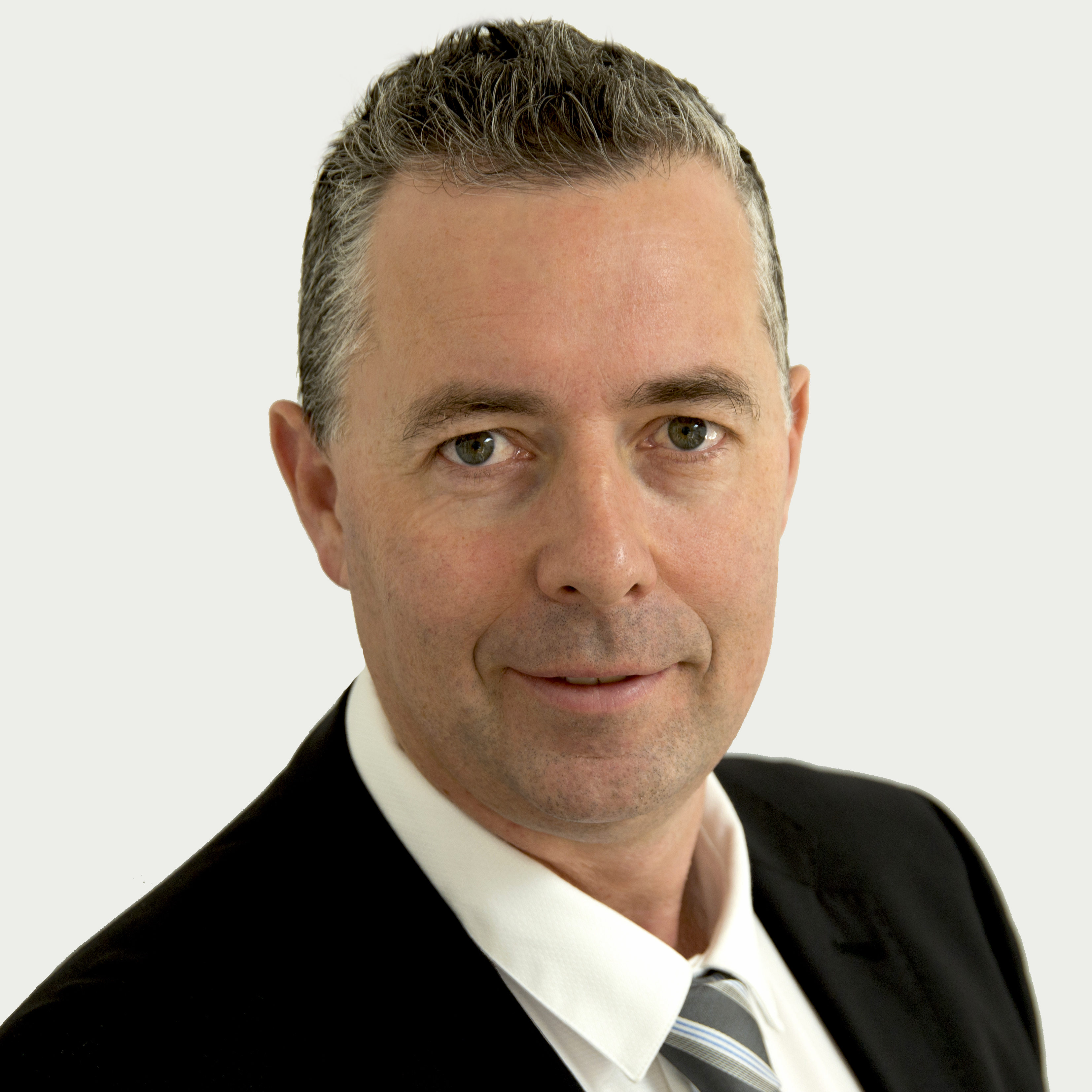
Michael Storey
- Managing Director
- Isle Utilities
- (Australia)
-
.jpg)
Miriam Otoo
- Deputy Chief of Party, URBAN WASH
- Tetra Tech
- (USA)
Themes and Topics
Theme 1: Delivering Water from Source to Tap (Network)
Digital transformation has empowered water utilities to leverage advanced technologies and data gathered from multiple sensors to improve their network planning and design. This enables water utilities to achieve an efficient and resilient network. The wealth of network information supports operators in proactive maintenance of their assets, leak detection, condition assessment, valve operations and mains flushing. This informed approach ensures smooth and uninterrupted water supply. The proliferation of digital twins and smart water meters also betters our understanding of the network’s behaviour and enables more effective water conservation strategies. However, it is important to note that digital transformation should prioritise people, and digital solutions should be relevant to and embraced by both operators and customers. This theme welcomes abstracts on the latest innovations, technologies, best practices, and case studies on water supply network management. Topics of interest include:
| 1.1 | Planning, Design and Implementation
|
||||||||||||||||||||||
| 1.2 | Efficiency of Operations
|
||||||||||||||||||||||
| 1.3 | Asset Management and Network Renewal
|
||||||||||||||||||||||
| 1.4 | Metering
|
||||||||||||||||||||||
| 1.5 | Smart Water
|
||||||||||||||||||||||
| 1.6 | Water Conservation and Efficiency Measures
|
Theme 2: Delivering Water from Source to Tap (Treatment)
Cities worldwide face the challenge of limited freshwater supply, prompting them to diversify their water sources to become more resilient. As treatment technologies continue to advance, there is an increasing focus on making the process more sustainable by reducing energy requirements, exploring beneficial reuse of brine, and harvesting energy from waste streams. Additionally, these technologies have to be adaptable to the future impacts of climate change, for instance by designing treatment processes that can cope with changing water quality. While ensuring a sufficient and sustainable water supply is critical, it is equally important to ensure that the water supplied is of the highest possible quality. To this end, water utilities are applying advanced technologies that can effectively treat and remove contaminants of emerging concern and specific groups of contaminants that are resistant to conventional processes. Water utilities are also exploring the use of innovative sensors and digital solutions to support them in plant operations, maintenance, and optimisation. This theme welcomes abstracts on innovative and smart water treatment technologies and solutions in the following areas:
| 2.1 | Basic and Advanced Water Treatment Processes
|
||||||||||||||||||
| 2.2 | Innovations in Desalination
|
||||||||||||||||||
| 2.3 | Augmenting Water Supplies by Water Reuse
|
||||||||||||||||||
| 2.4 | Brine Concentration and Mining
|
||||||||||||||||||
| 2.5 | Digitalisation of Water Treatment Plants
|
||||||||||||||||||
| 2.6 | Technological Innovations in Response to Climate Change
|
Theme 3a: Effective and Efficient Wastewater Management (Treatment)
In our pursuit of a sustainable future, the perception of wastewater has changed from being something unwanted to a beneficial resource. This shift drives the desire to extract as much water, energy, and valuable materials from wastewater as possible. A growing number of technologies have been developed to enhance energy generation during wastewater treatment. Meanwhile, to mitigate climate change, attempts are made to reduce the overall carbon footprint of wastewater management including nitrous oxide and methane emissions. There is an upward trend in recovering and reusing material resources from waste streams. For the remaining wastewater effluent, a high quality is targeted for reuse applications, potentially in part through the use of membrane technologies and processes. Besides looking into new innovations, efforts are also placed in improving the efficiencies of existing processes to enhance sustainability. This theme welcomes abstracts examining best practices and innovative technologies for sustainable and economically viable centralised or decentralised treatment and management of wastewater and the resources embedded therein.
| 3a.1 | Basic and Advanced Wastewater Treatment Processes
|
||||||||||||
| 3a.2 | Process Intensification/Innovation for Efficient Use and Recovery of Resources
|
||||||||||||
| 3a.3 | Climate Change and Resilience: Process Impacts and Implications
|
||||||||||||
| 3a.4 | Asset Management
|
||||||||||||
| 3a.5 | Monitoring and Measurement of Wastewater Contaminants
|
||||||||||||
| 3a.6 | Next Generation of Intelligent Plant
|
||||||||||||
| 3a.7 | Wastewater Treatment and Management in Developing Countries
|
||||||||||||
| 3a.8 | Decentralised Wastewater Treatment for Addressing Rapid Urban Growth
|
||||||||||||
| 3a.9 | Water Reuse
|
Theme 3b: Effective and Efficient Wastewater Management (Conveyance)
Sewers are vital for the sanitary conveyance of wastewater to treatment facilities. To ensure that sewers can carry out their function well, proper operation and maintenance are necessary. Utilities are taking a more proactive approach in these areas with the help of digitalisation and intelligent technologies. In sewer operation, analytics and management tools are employed with real-time sensors and meters for detecting and predicting blockages, inflows, and infiltrations. It is equally important to examine the quality of the wastewater discharged into sewers as it affects downstream treatment processes. In maintenance, advanced inspection equipment is deployed for sewer inspection, cleaning, and rehabilitation. The necessity for cutting-edge technologies becomes more apparent as large sewers are laid more deeply in the increasingly urbanised cities. Such deep tunnel sewage systems require innovative solutions for monitoring the tunnel’s structural integrity and conveyance condition. Abstracts looking into novel technologies, best practices and applied research for wastewater networks in the areas below are welcomed.
| 3b.1 | Networks
|
||||||||||
| 3b.2 | Asset Management, Renewal and Rehabilitation
|
||||||||||
| 3b.3 | Operations
|
||||||||||
| 3b.4 | Deep Tunnel Sewerage Systems
|
||||||||||
| 3b.5 | Sensors for Wastewater Monitoring in the Network
|
Theme 4: Cities of the Future and Coastal & Flood Resilience
Cities and towns are the economic powerhouses. They account for more than 70% of global gross domestic product (GDP). And by 2050, they are expected to accommodate 70% of the world’s population. Cities are complex adaptive systems, with multiple interconnected elements converging, concentrating, and exacerbating many of climate change impacts. Over the last decade, SIWW has provided a platform for fostering integrated urban water management across the social-technical domain.
The Cities of the Future Theme of SIWW2024 will focus on coastal cities and small island states. While all cities globally are faced with climate change water-related challenges of water scarcity, floods, environmental pollution, and loss of natural capital, to varying degrees, coastal cities are particularly vulnerable to climate change impact on flooding from multiple fronts, i.e. sea-level rise and storm surges, fluvial floods with many coastal cities located within large river basins, and pluvial floods owing to many coastal cities being located on relatively low-lying and flat terrain. Many small island states are also reliant on vulnerable groundwater resources as their primary source of potable water. Coastal pollution (e.g., plastics and more generally waste management – solid or liquid) is also becoming a critical challenge for coastal cities to ensure local water quality as an asset for liveability and citizens engagement on water-related issues, but also to contribute to a wider range of SDGs.
Our focus on coastal cities and small island states is therefore within the context of climate change resilience and adaptive capacity and managing coastal pollution. Emphasis is placed on innovative coastal and flood resilience measures which need to be multifunctional (due to land scarcity in small island states) and flexible (to manage the uncertainty in storm surges and sea level rises). Authors are invited to submit abstracts across the following four technical and water governance sub-topics for coastal cities and small island states.
| 4.1 | Reimagining City Masterplans
In exploring contemporary approaches to urban planning and design of coastal cities in their transition to greater resilience and liveability, papers with actual case studies addressing the following issues are invited:
|
||||||||||||||
| 4.2 | Coastal Resilience through Innovations in Hybrid Infrastructure
|
||||||||||||||
| 4.3 | Digital Developments for Water Management of Coastal Cities and Small Island States
|
||||||||||||||
| 4.4 | Institutional Reform for Effective Governance
|
Theme 5: Water Quality & One Health
Global climate change has led to an increased focus on water quality and its impact on human, animal, and ecosystem health. Recent progress in the application of genomics has opened up new possibilities for water quality surveillance and management. Wastewater-based epidemiological surveillance (WES) has attracted attention worldwide during the pandemic as a real-time monitoring method for SARS-CoV-2; it has great potential to be applied to monitoring the emergence of new virus variants, antimicrobial resistance (AMR) and pathogens at large, as well as medicine and drug use in communities. Innovative sensors for detecting pollutants and contaminants in drinking water are becoming more sensitive and specific which raises concerns if hazardous concentration standards are driven by the ever-increasing resolution of detection techniques (shifting from parts per trillion to parts per quadrillion) rather than based on proven health risks. The current debate on PFAS highlights the growing divergence between standards across the world. Water quality is also increasingly crucial in the context of medical care; the quality of recreational waters is another issue of concern. Effective communication between sectors and to communities is crucial for the successful promotion of One-Water/One-Health but remains a challenge. This is a Call for Papers directed at policy- and decision-makers, planners, practitioners, and researchers dealing with one or more of the sub-topics listed below:
| 5.1 | Global Climate Change, Water Quality and Health
|
||||||||||
| 5.2 | Recent Progress in the Application of Genomics in Water Quality Management
|
||||||||||
| 5.3 | Wastewater-based Epidemiological Surveillance (WES) beyond SARS-CoV-2
|
||||||||||
| 5.4 | Emerging Technologies and Methods for Water Quality Monitoring and Management
|
||||||||||
| 5.5 | Water Quality in the Context of Health and Medical Care
|
||||||||||
| 5.6 | Recreational Water Quality and One Health
|
||||||||||
| 5.7 | Communication between Sectors and to Affected Communities
|
Theme 6: Nexus and Circularity
The water sector has made significant progress in adopting circular economy principles, particularly in the area of closing the water loop through the application of advanced treatment processes. There is now a growing emphasis on closing the resource and carbon loops within and beyond water systems. To achieve this goal, it is essential to adopt a system thinking approach that takes into account not only technological aspects, but also policy and planning, stakeholder engagement, application, marketability, and potential financing solutions. It is also important to adopt a nexus approach that enables systems integration and collaboration with other sectors to fully leverage the benefits of circular solutions. Against this backdrop, this theme welcomes abstracts on sustainable frameworks, strategies, and case studies on next-generation solutions for the water sector to support a circular economy.
| 6.1 | Policy and Planning
|
||||||||||||||||
| 6.2 | Stakeholder Engagement and Cross-Sectoral Collaboration in the Circular Water Economy
|
||||||||||||||||
| 6.3 | System of Systems for a Circular Economy
|
||||||||||||||||
| 6.4 | Resource Circularity
|
||||||||||||||||
| 6.5 | Carbon Circularity
|
||||||||||||||||
| 6.6 | Financing Circularity
|
Authors Submission Guidelines
Click here to read more
ORAL PRESENTATION
Please find the instructions for oral presenters here.
Note that:
Kindly ensure the presentation slide is submitted on this portal here by the stipulated deadline.
POSTER PRESENTATION
All poster presenters are required to upload an electronic poster artwork which the organiser will print and install for the Poster Session.
These guidelines here will help ensure consistency and professionalism in your submissions.
Please find the instructions for poster presenters here.
Note that poster must meet the following requirements:
Kindly ensure deliverables are submitted on this portal here by the stipulated deadline.
Authors with the best posters will receive a certificate and the following prizes:
Should you require more information please email the Secretariat at waterconvention@siww.com.sg.
Please find the instructions for oral presenters here.
Note that:
- Presentation decks should be submitted in 16:9 ratio and in PowerPoint (.pptx) format.
- If there are videos/animation in the presentation, please ensure that the video is embedded within the PowerPoint and do send the MP4 file separately (via a download link) to us at waterconvention@siww.com.sg.
- To avoid font issues, all fonts should be embedded in the presentation slides. You may refer to a guide here.
Kindly ensure the presentation slide is submitted on this portal here by the stipulated deadline.
POSTER PRESENTATION
All poster presenters are required to upload an electronic poster artwork which the organiser will print and install for the Poster Session.
These guidelines here will help ensure consistency and professionalism in your submissions.
Please find the instructions for poster presenters here.
Note that poster must meet the following requirements:
- PDF Format
- A0 size (841 mm x 1189 mm)
- Portrait Orientation - Poster should fill the entire page
- White Background
- Minimum resolution of 300 dpi to ensure clear graphics
- File size limit of 14MB
Kindly ensure deliverables are submitted on this portal here by the stipulated deadline.
Authors with the best posters will receive a certificate and the following prizes:
| BEST POSTER AWARDS | PRIZES |
| Best Overall Poster | iPhone 15 Pro 128GB |
| Best Overall Student Poster | Book Voucher worth £250 from IWA Publishing |
| Best Poster for each theme (Total of 5 Themes) | iPad Air 256GB Wifi Only |
|
Best Student Poster for each theme (Total of 5 Themes) |
Book Vouchers worth £150 each from IWA Publishing |
Should you require more information please email the Secretariat at waterconvention@siww.com.sg.
Co-organisers
Click here to read more
About the Co-organisers
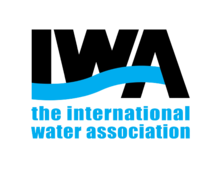
|
International Water Association (IWA) The International Water Association is the organisation that brings together science and practice of water management in order to reach a world in which water is wisely managed to satisfy the needs of human activities and ecosystems in an equitable and sustainable way. The IWA is a global knowledge hub and international network for water professionals and anyone concerned about the future of water. We bring together know-how and expertise to instigate ground-breaking solutions. |

|
PUB, Singapore’s National Water Agency
PUB is a statutory board under the Ministry of Sustainability and the Environment (MSE). It is the national water agency, which manages Singapore’s water supply, water catchment, and used water in an integrated way. From April 2020, PUB also took on the responsibility of protecting Singapore’s coastline from sea-level rise as the national coastal protection agency.
PUB has ensured a diversified and sustainable supply of water for Singapore with the Four National Taps (local catchment water, imported water, NEWater, desalinated water). PUB leads and coordinates whole-of-government efforts to protect Singapore from the threat of rising seas and the holistic management of inland and coastal flood risks.
PUB calls on everyone to play a part in conserving water, in keeping our waterways clean, and in caring for Singapore’s precious water resources. If we all do our little bit, there will be enough water for all our needs – for commerce and industry, for living, for life.
|